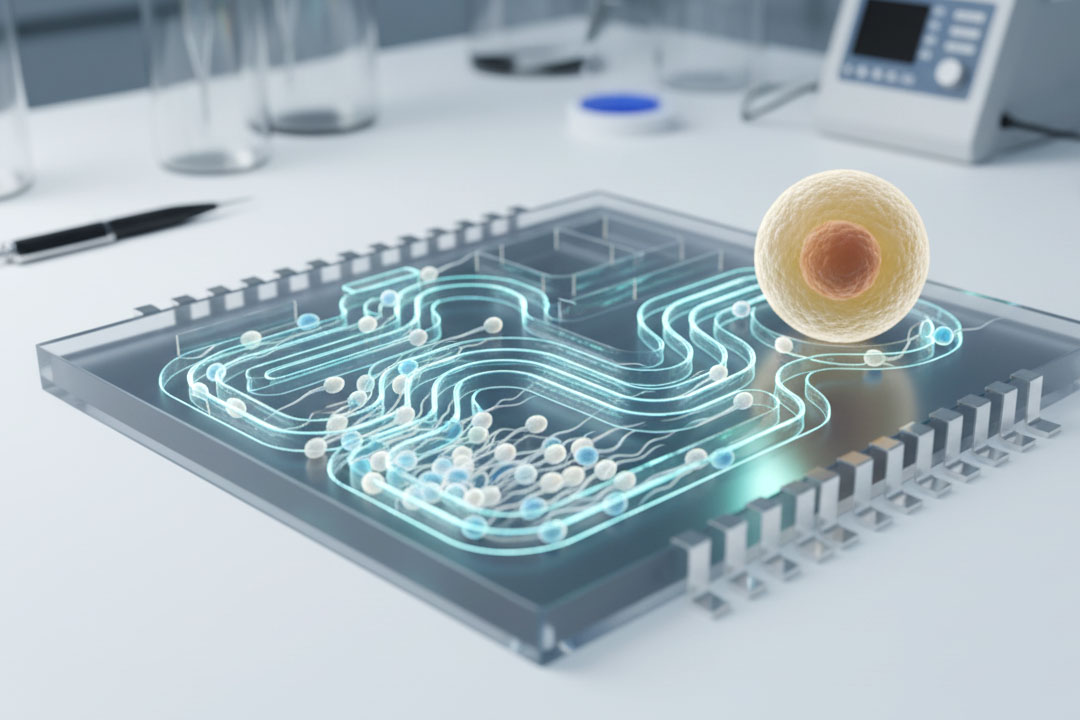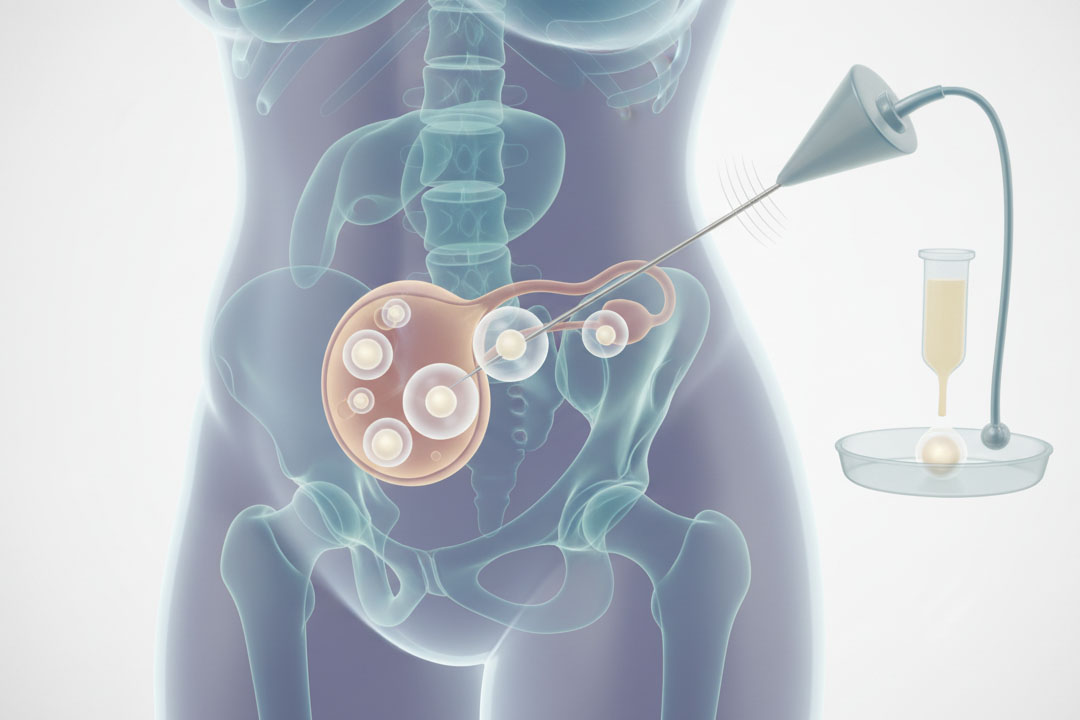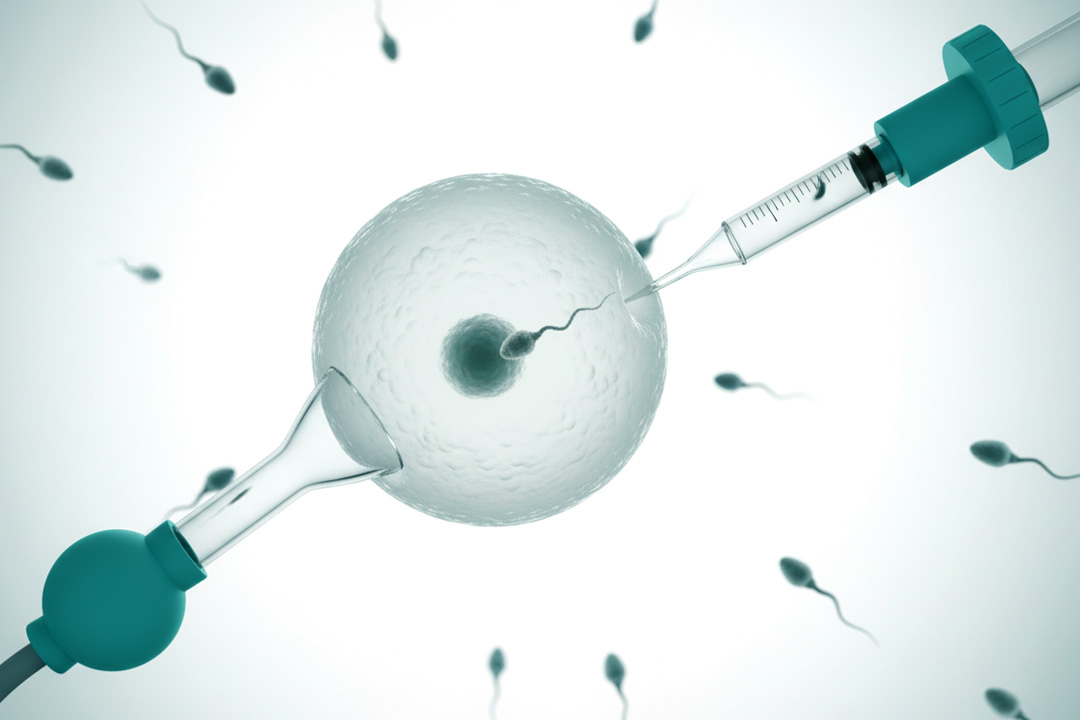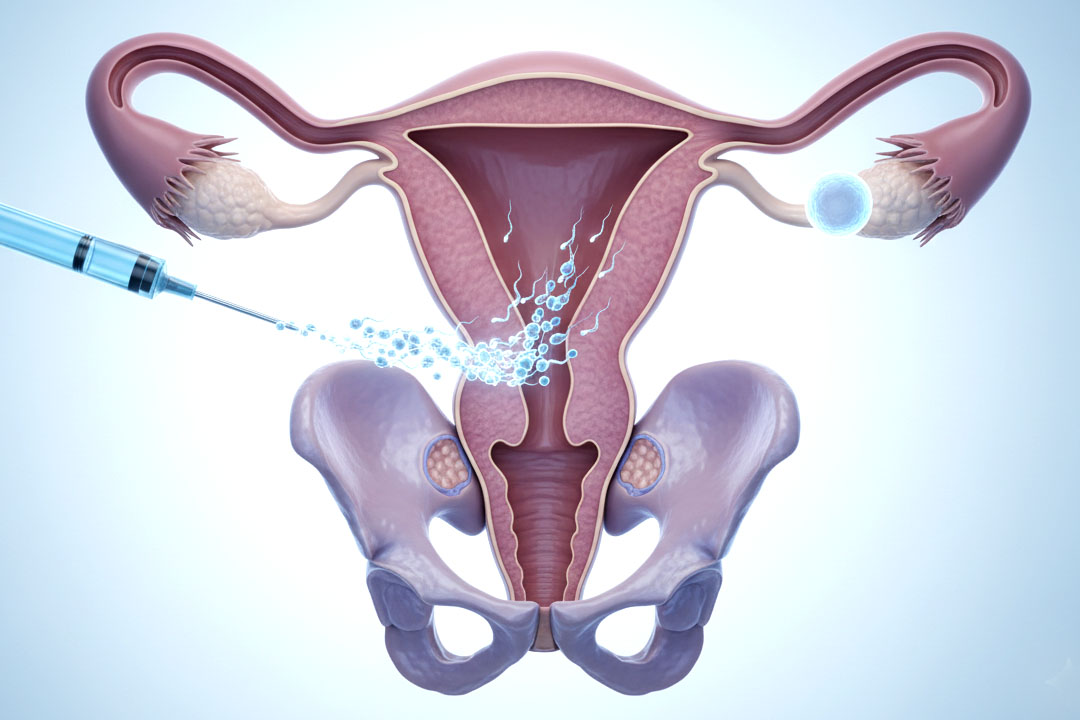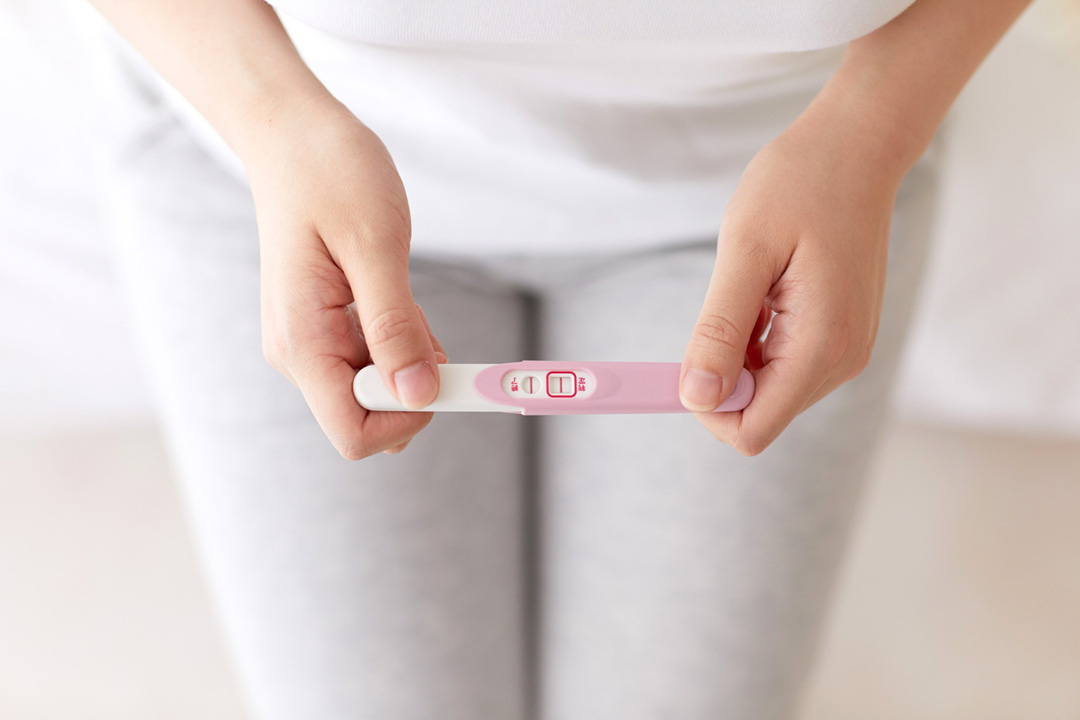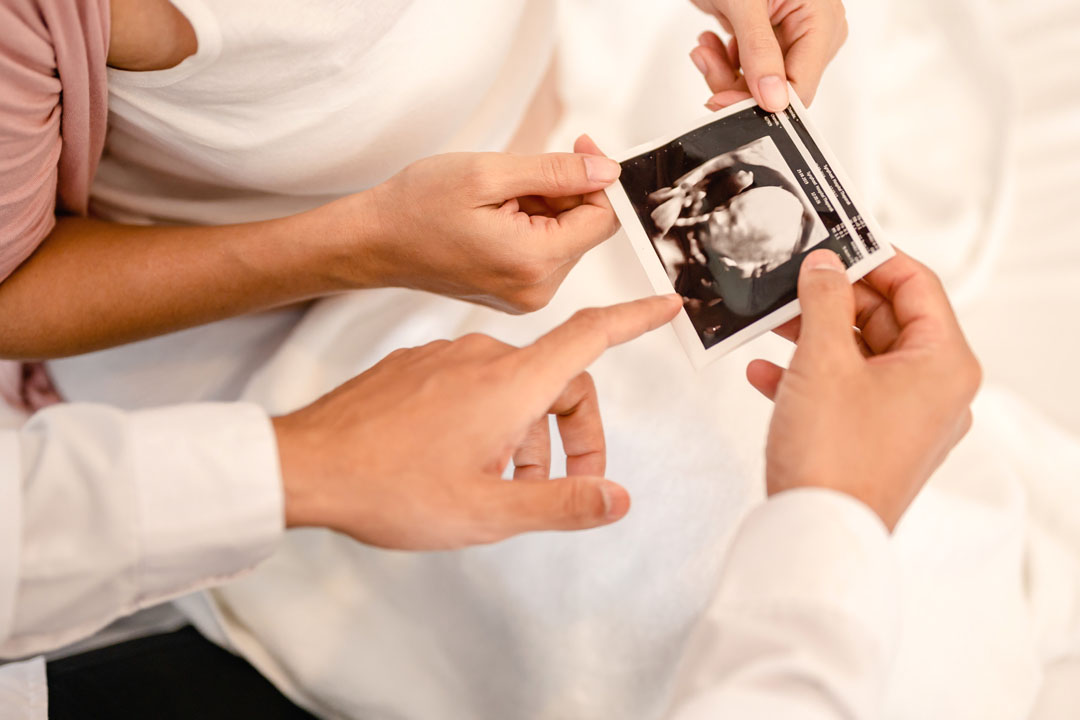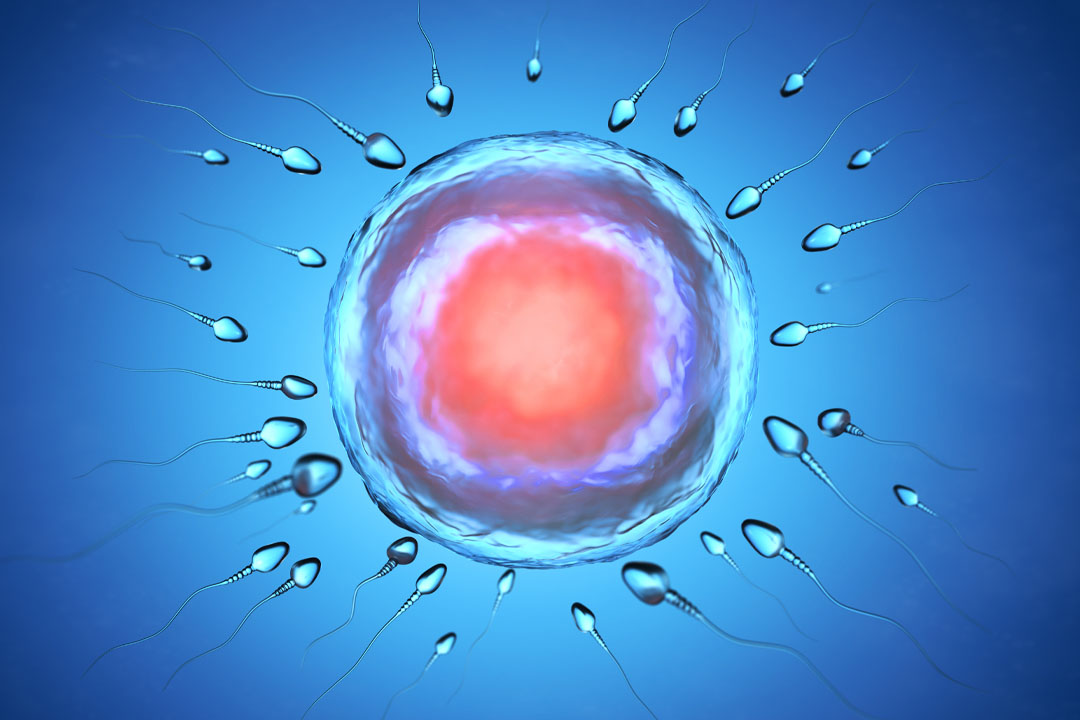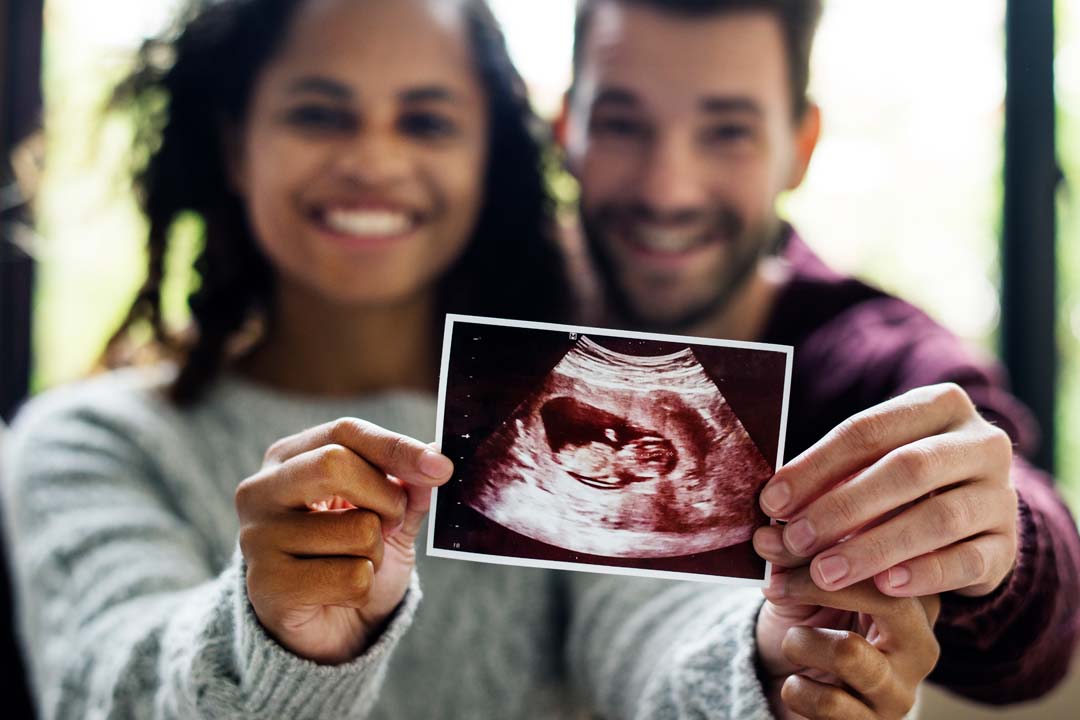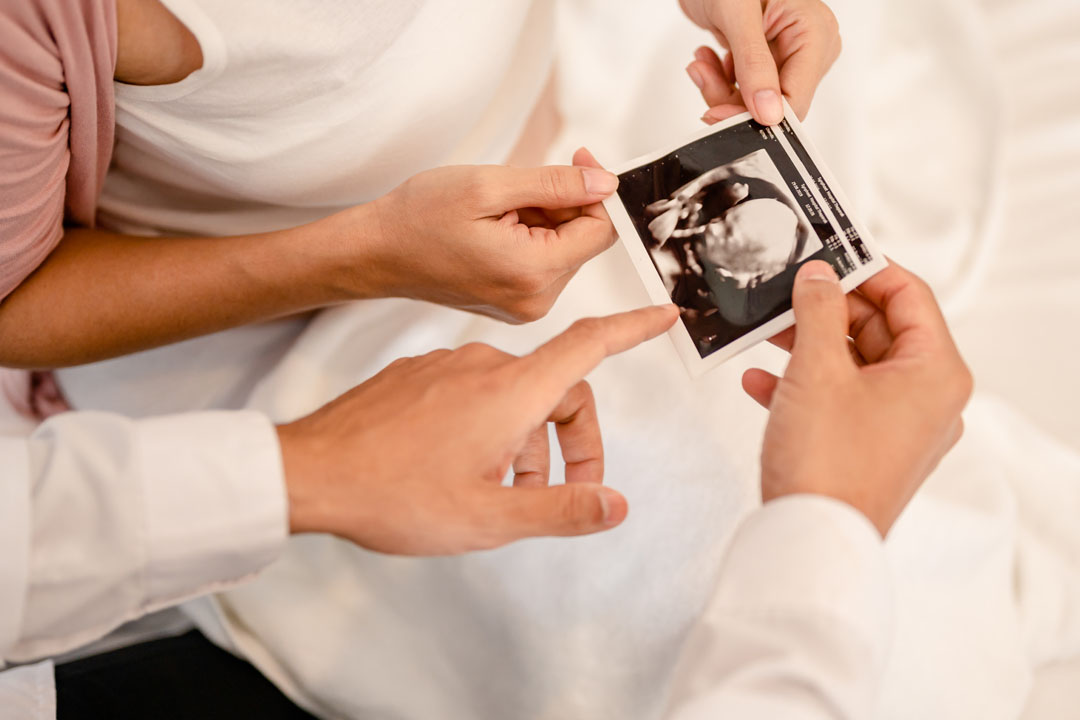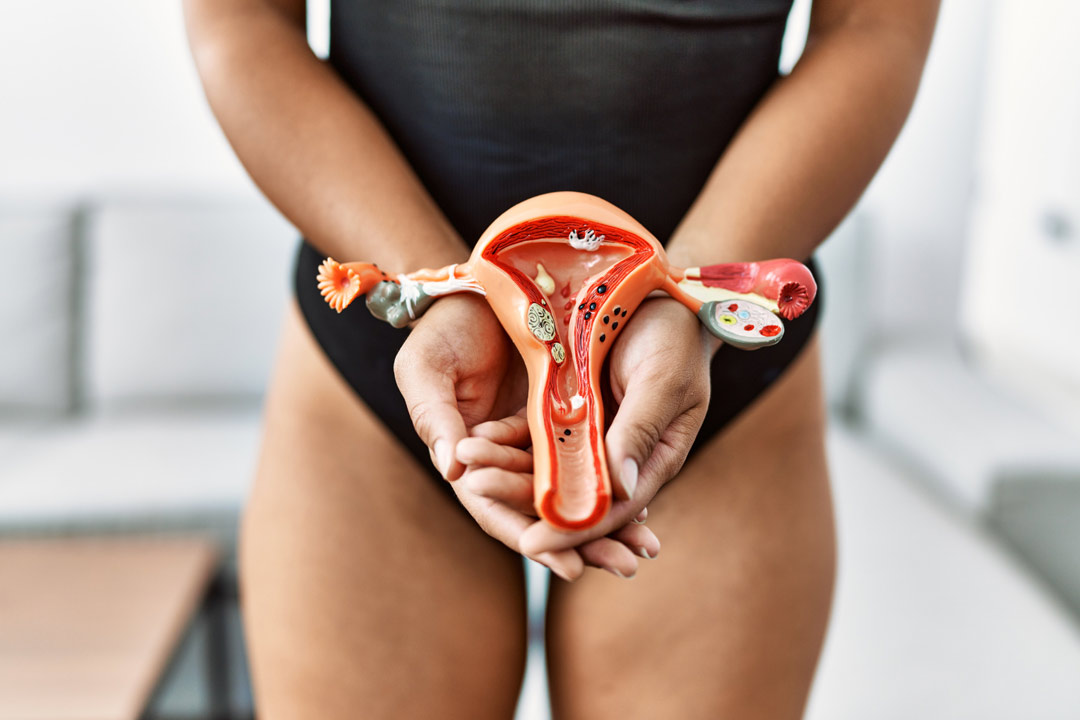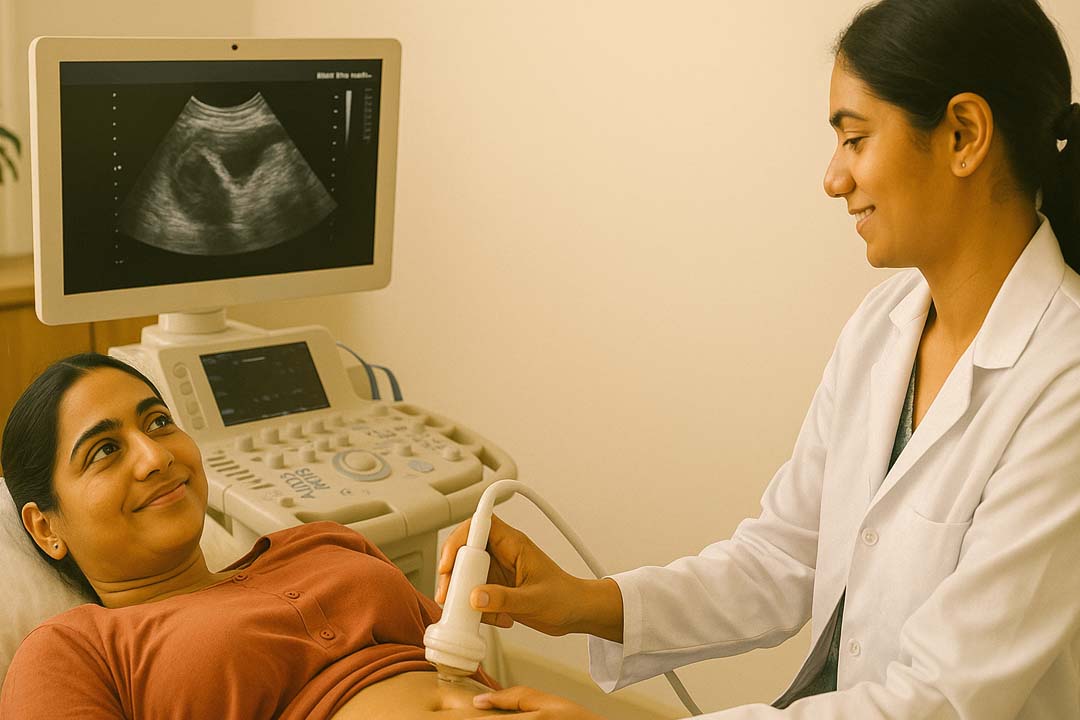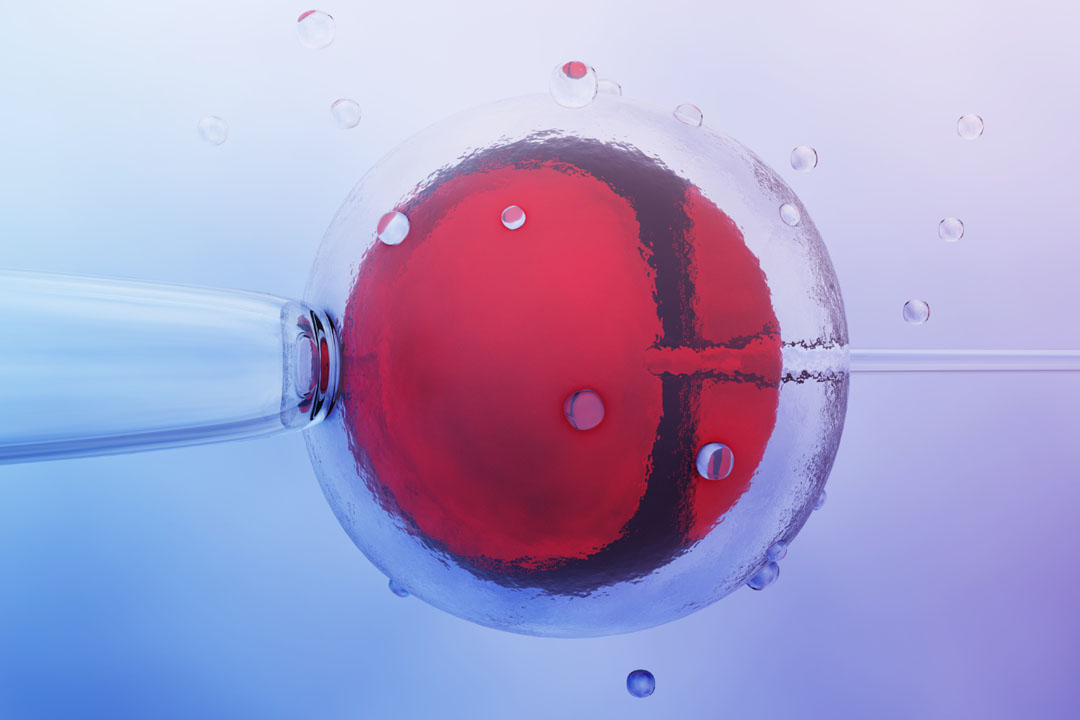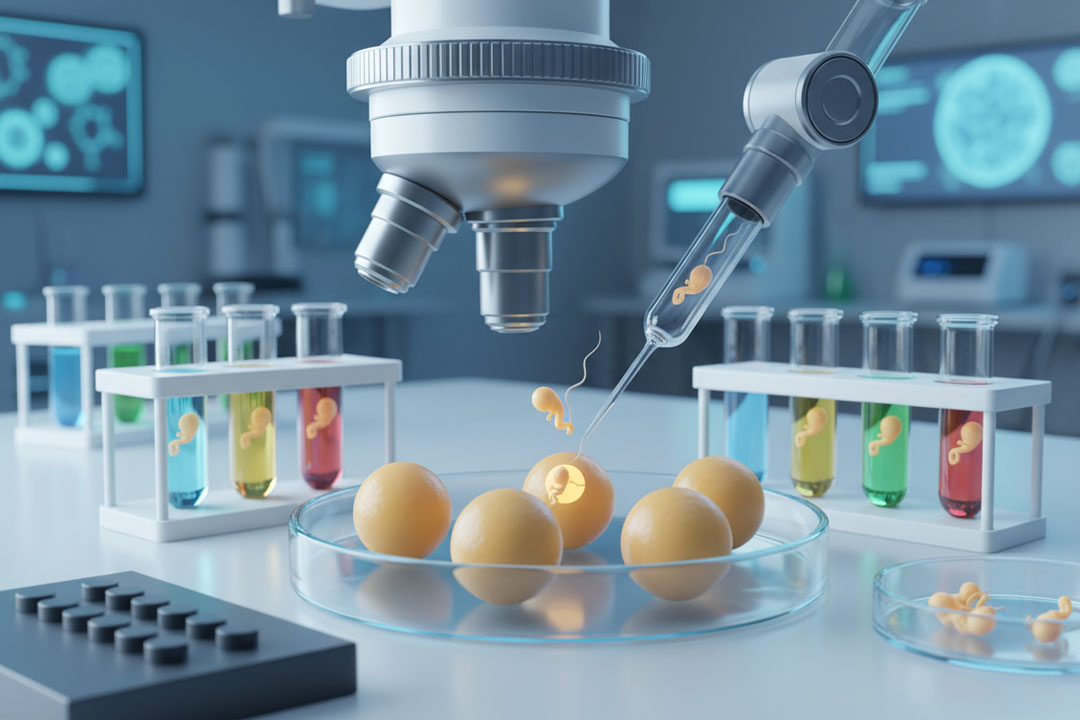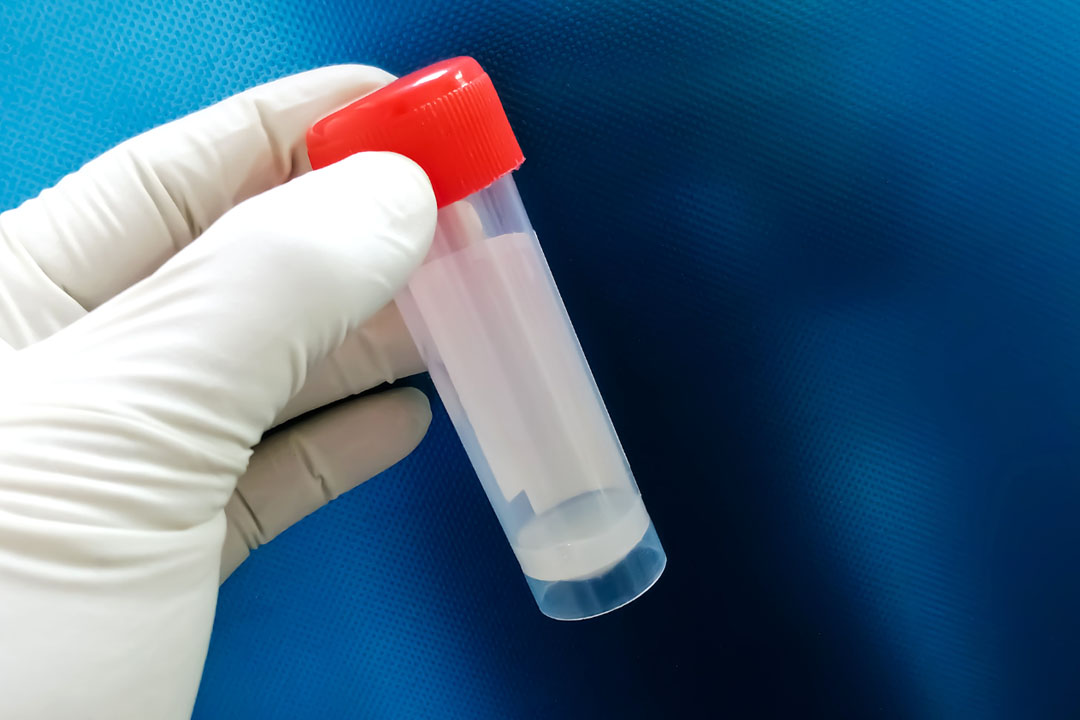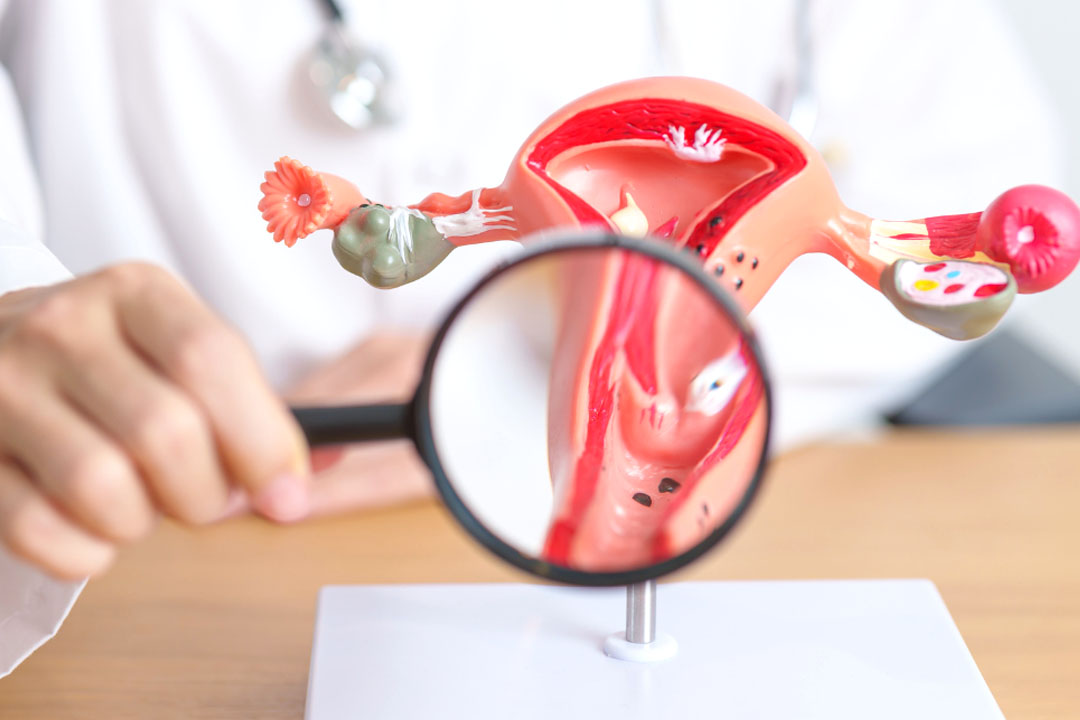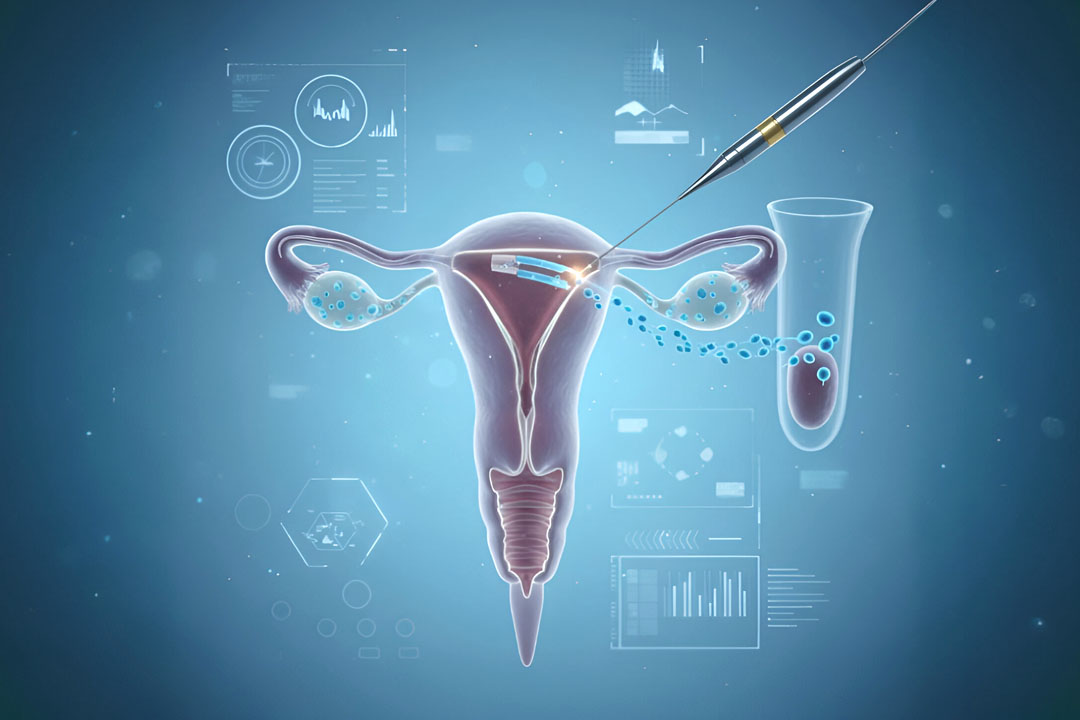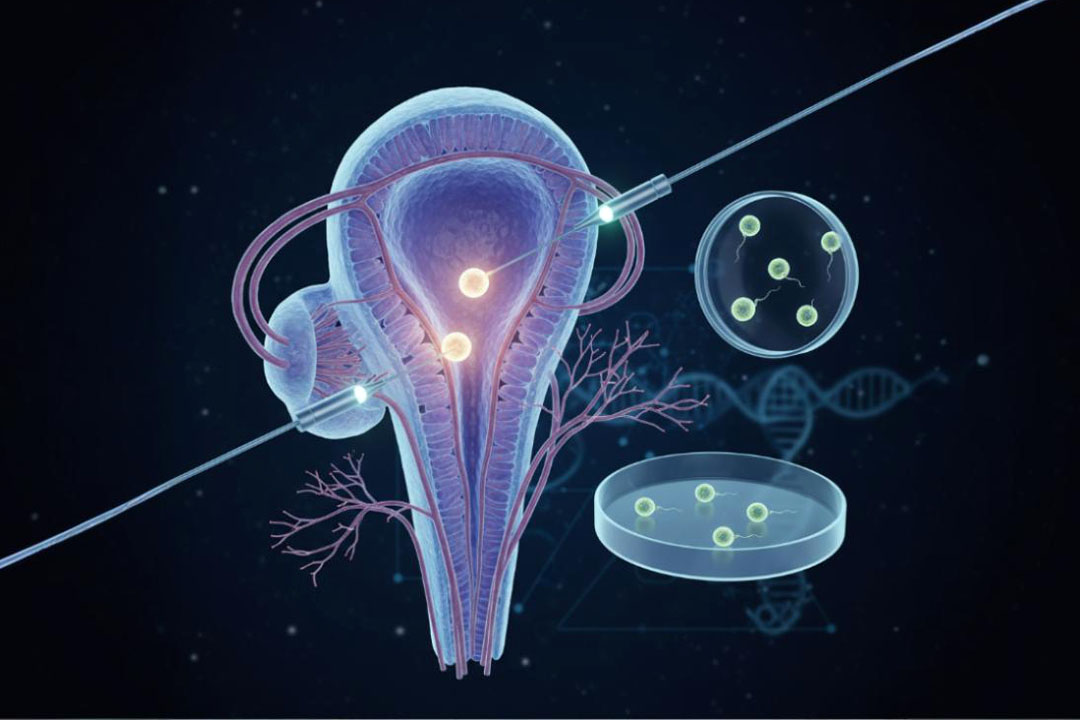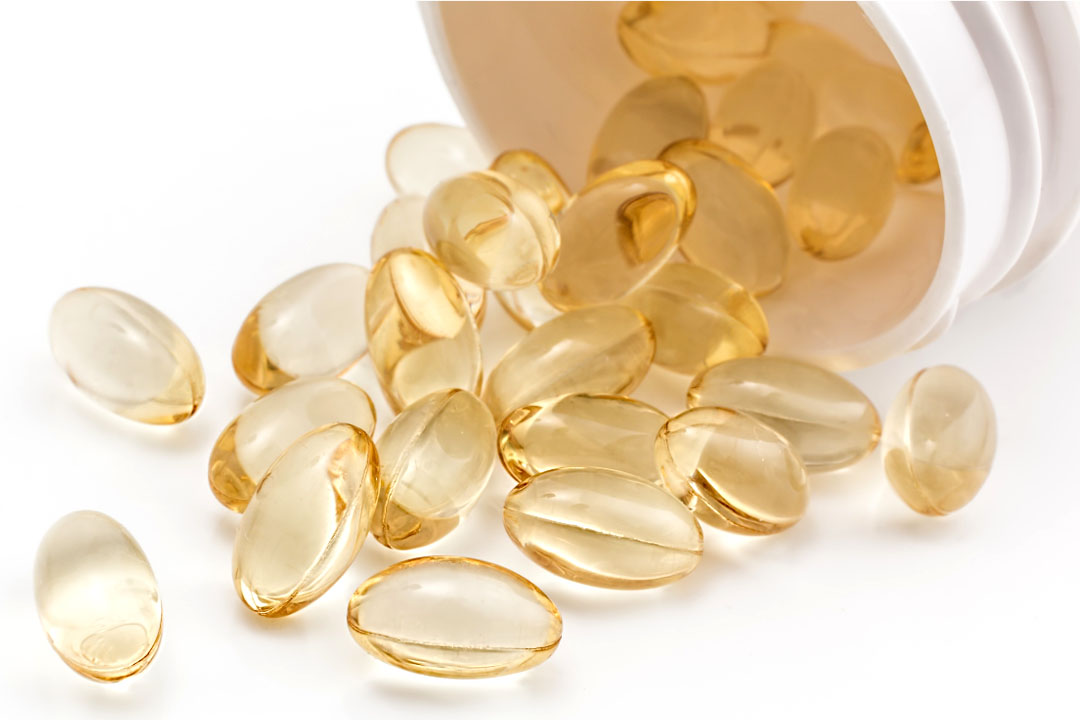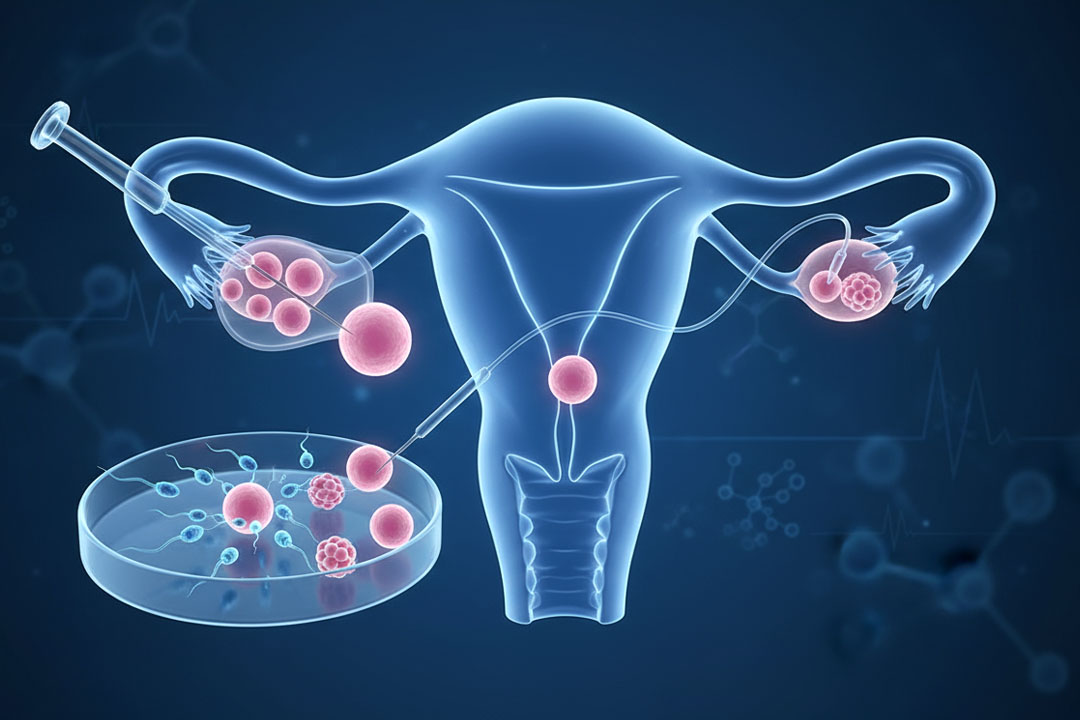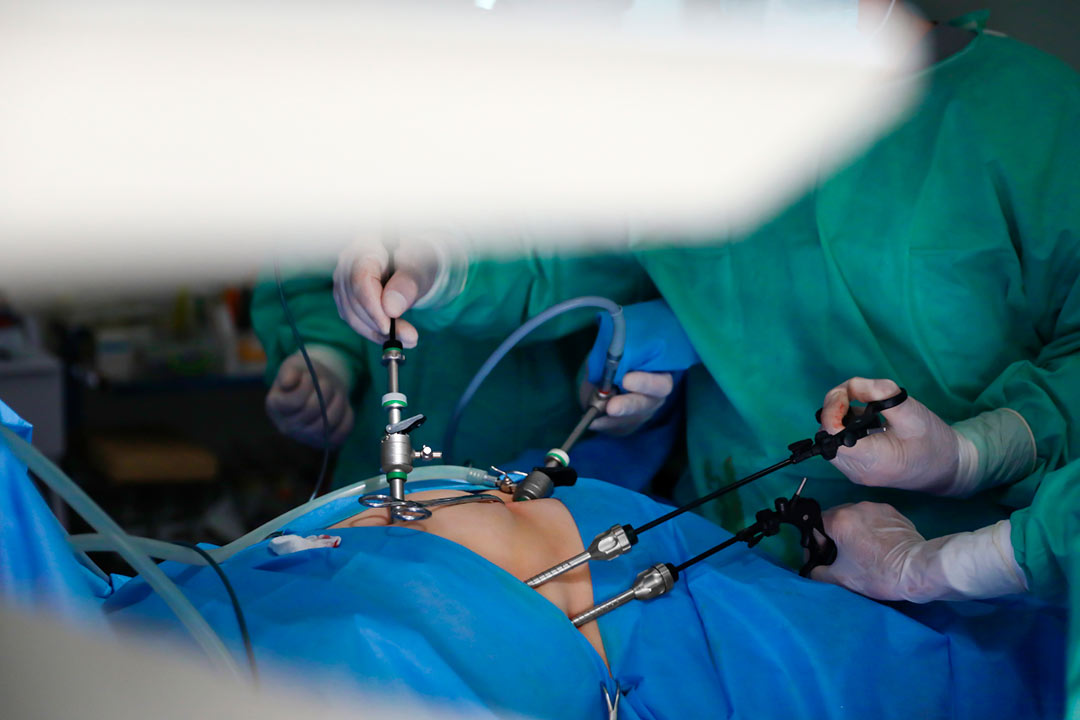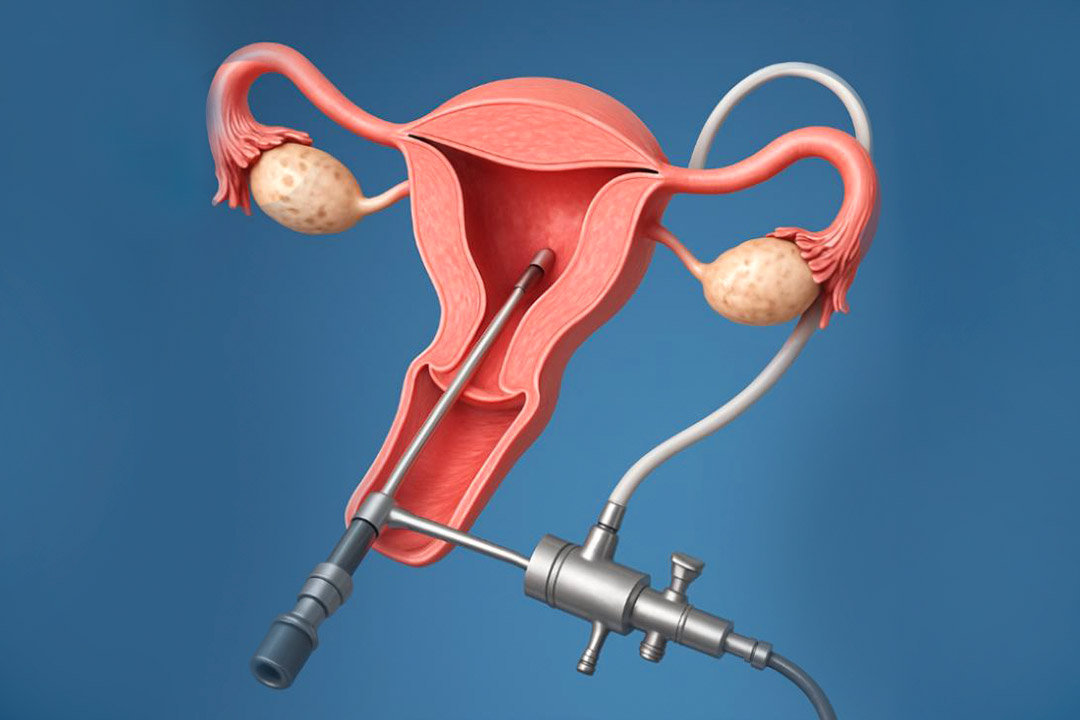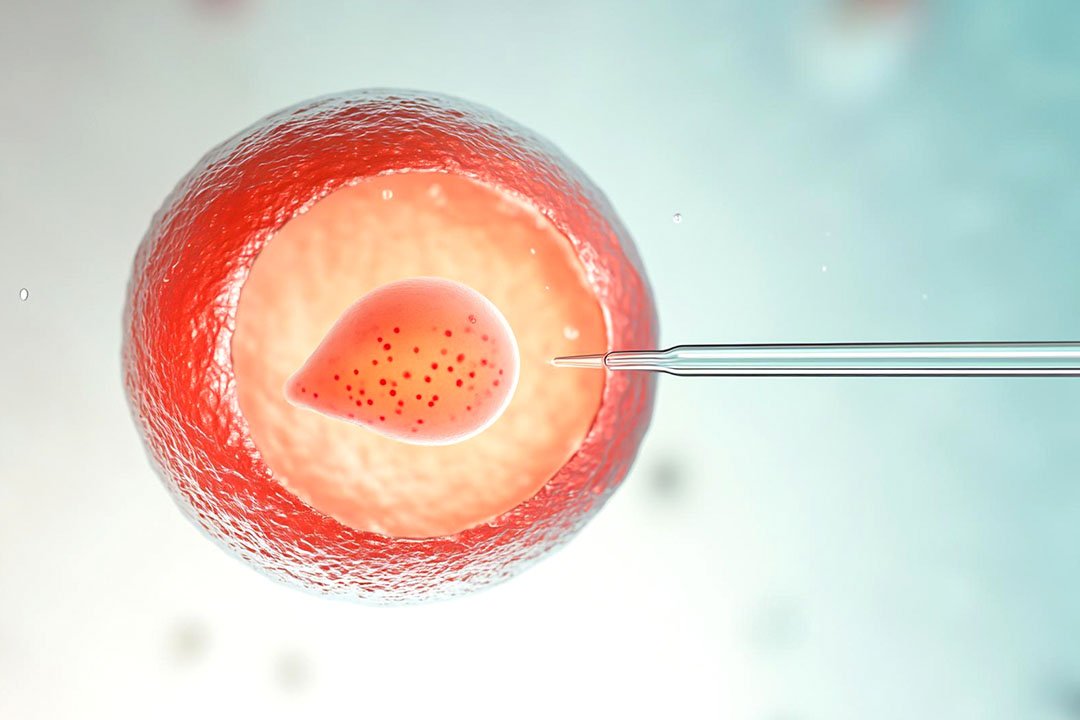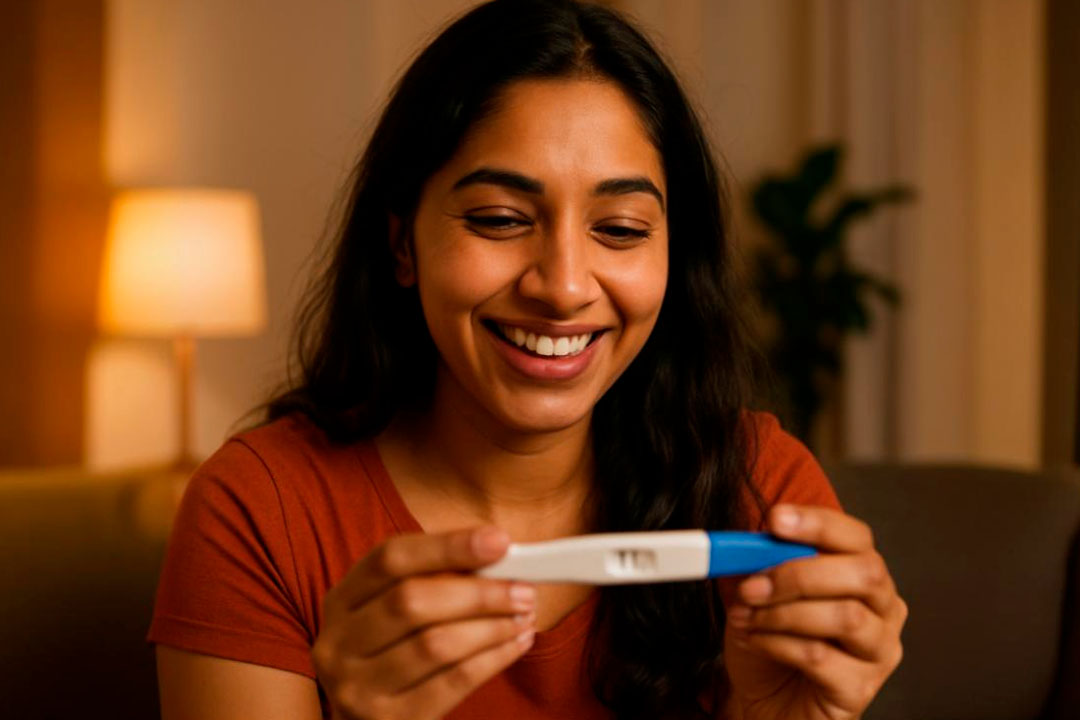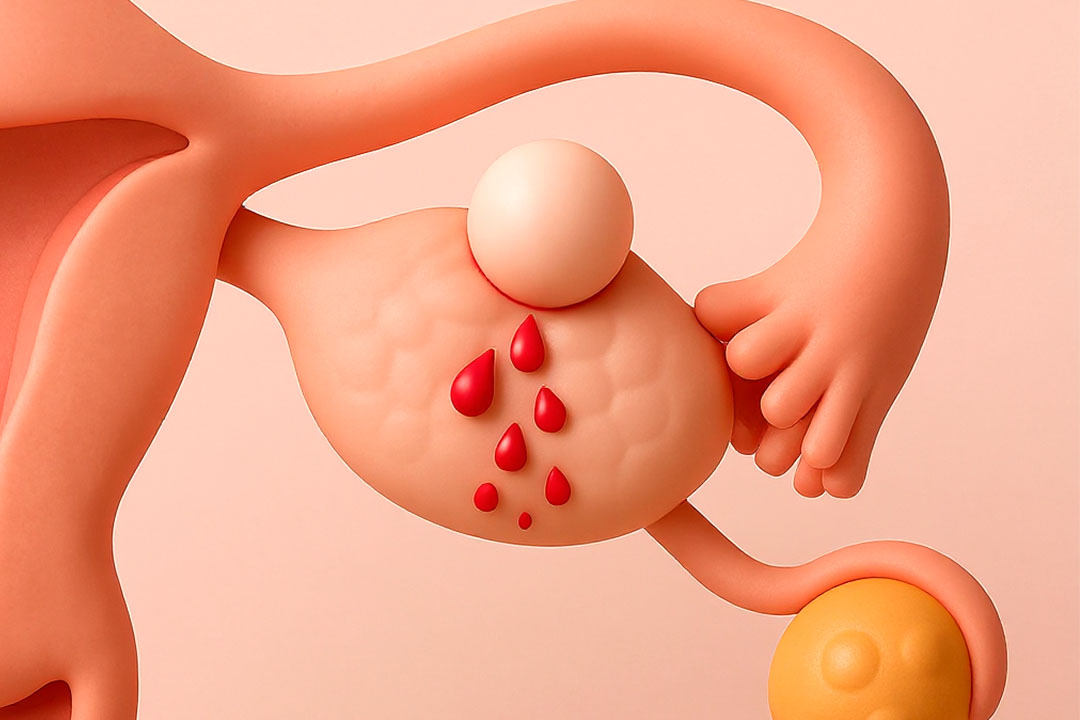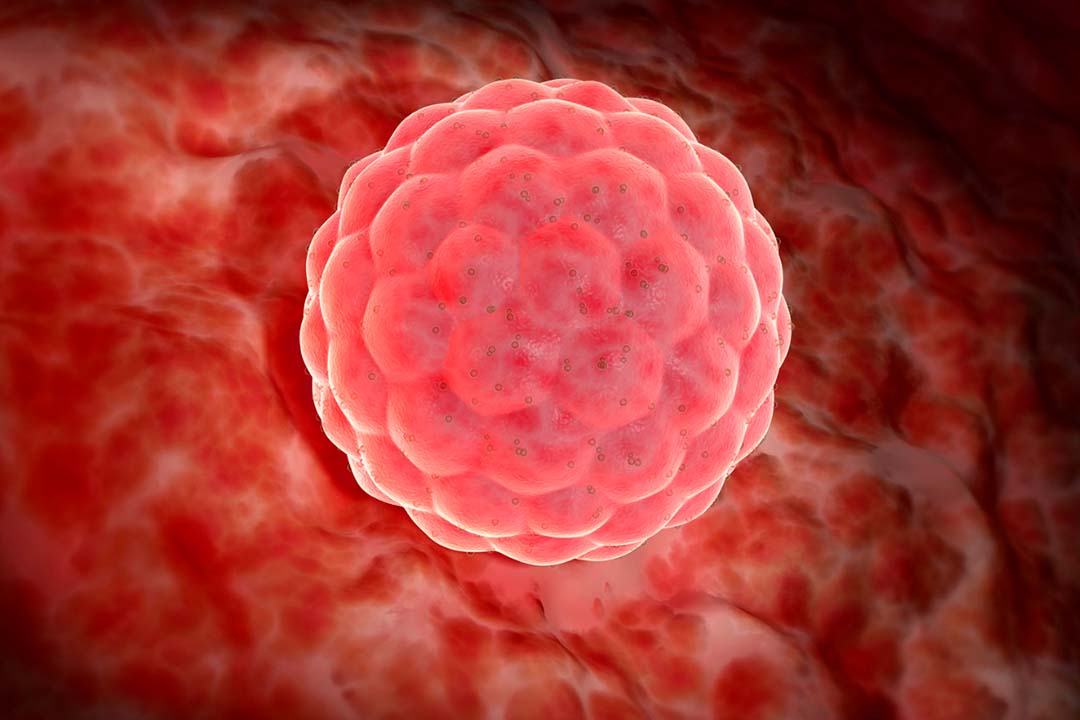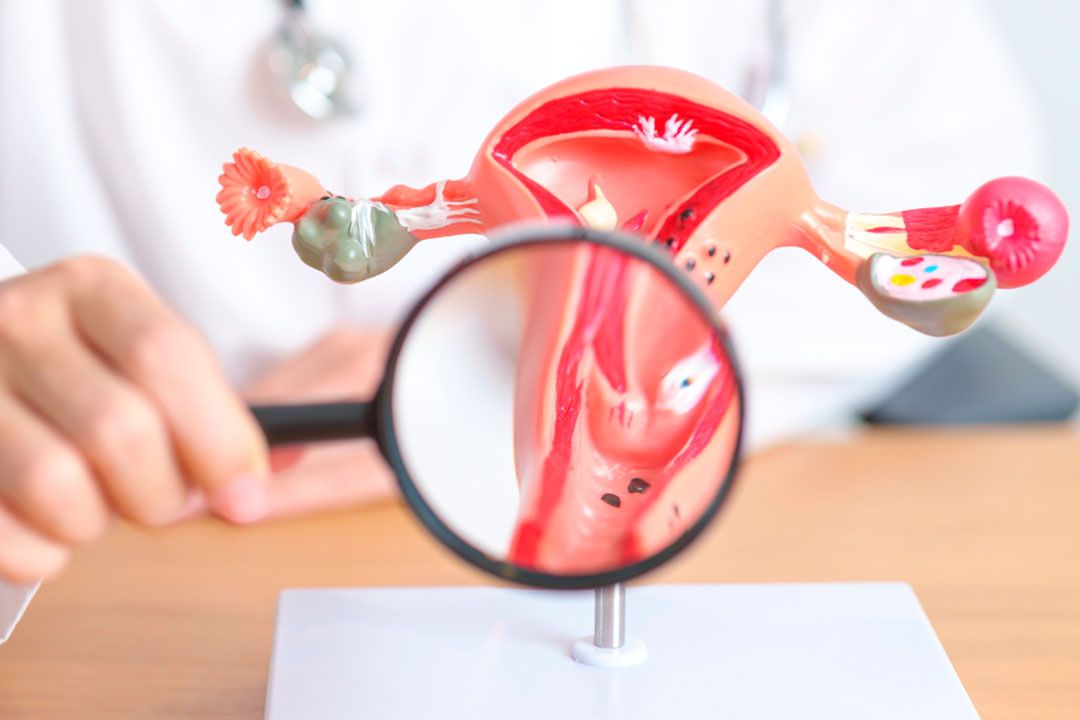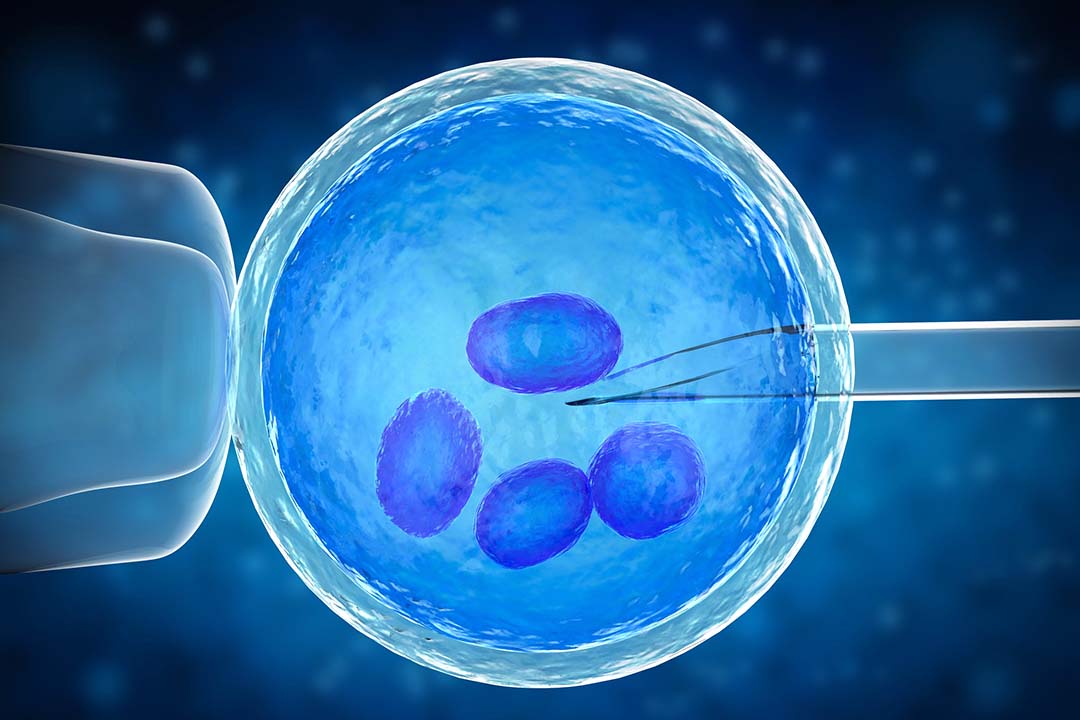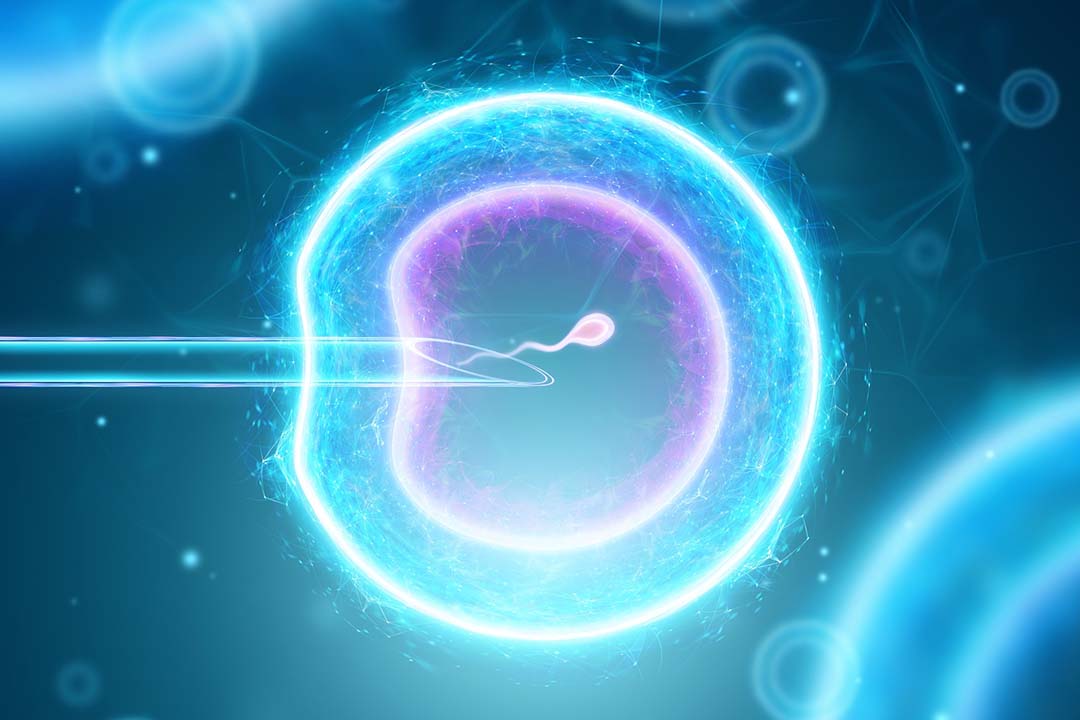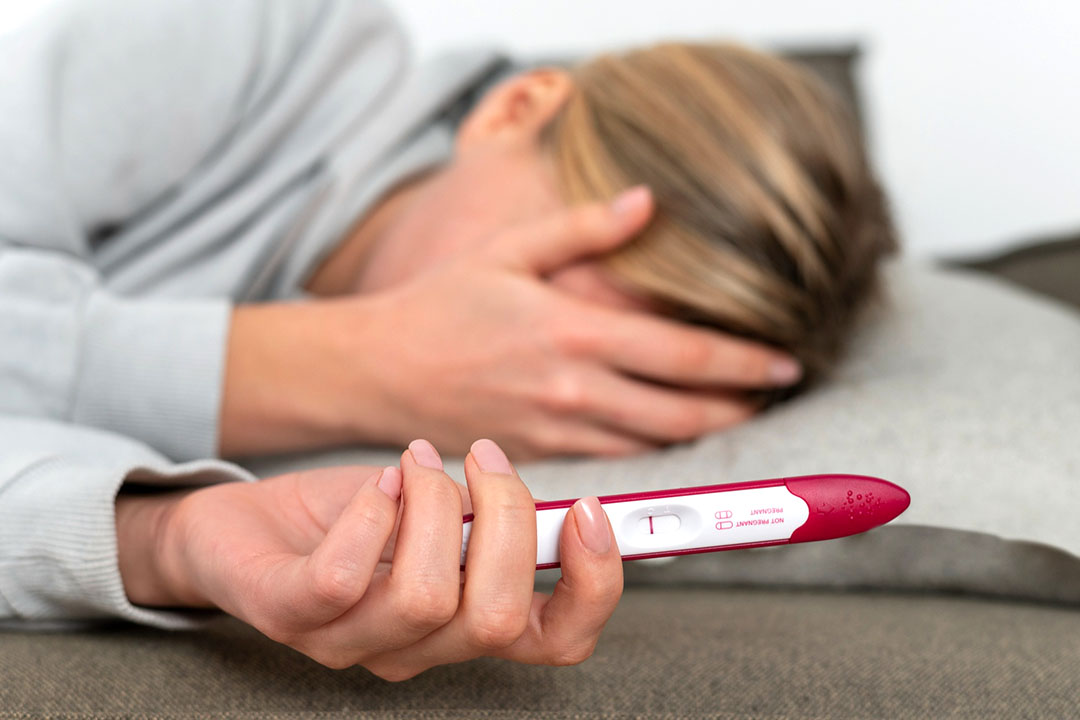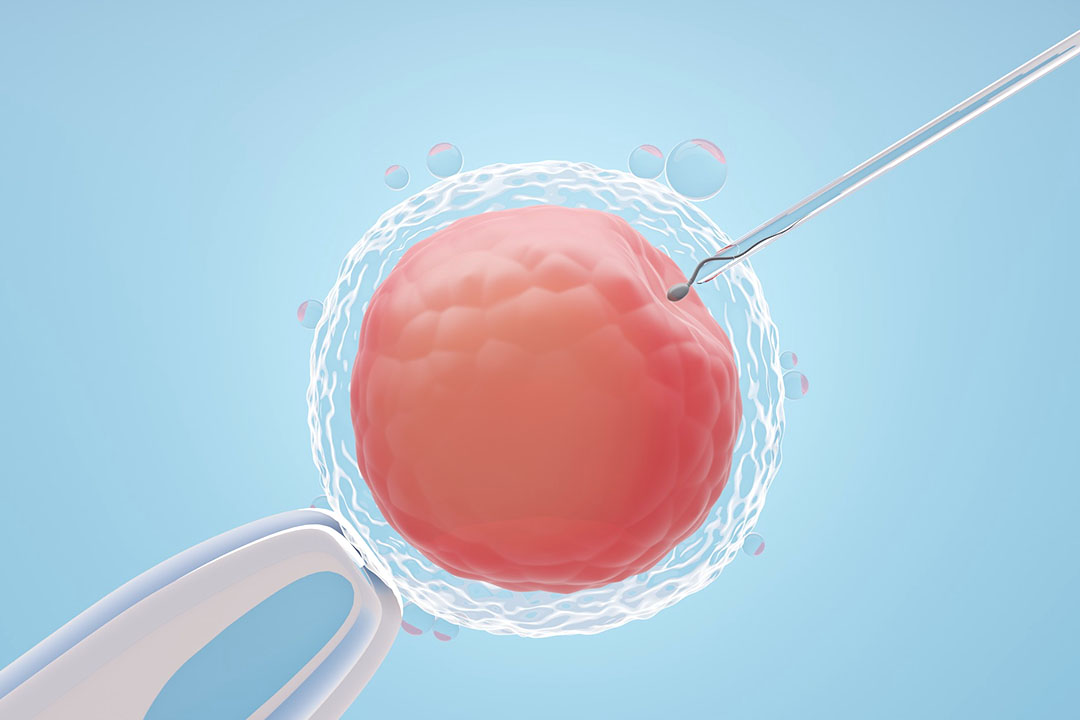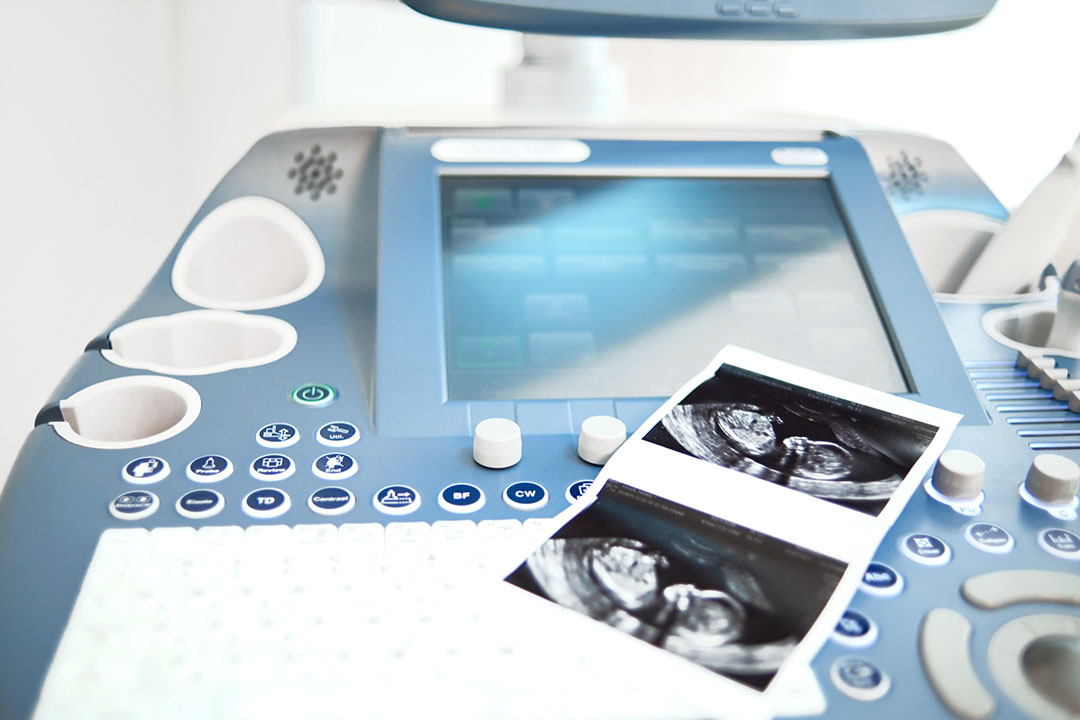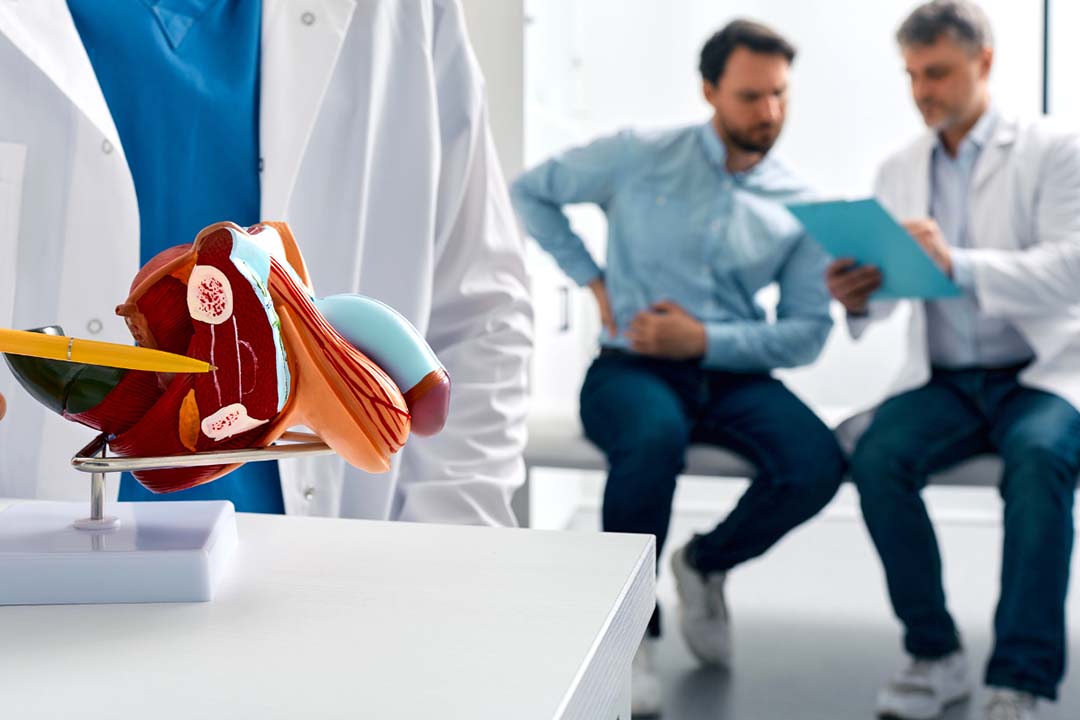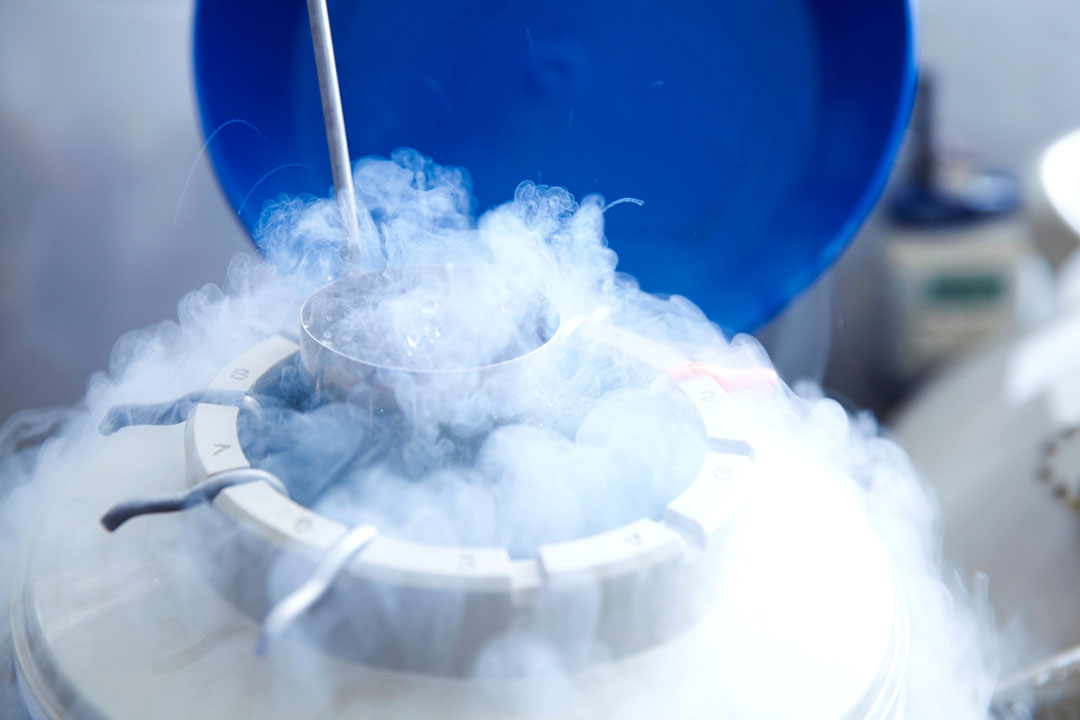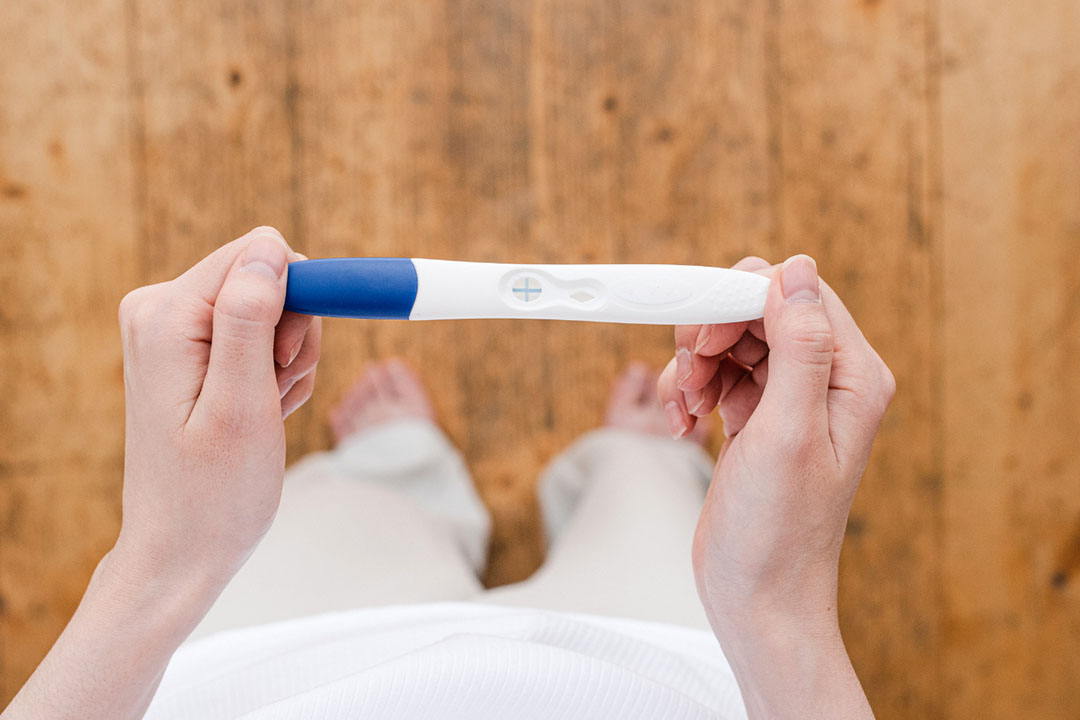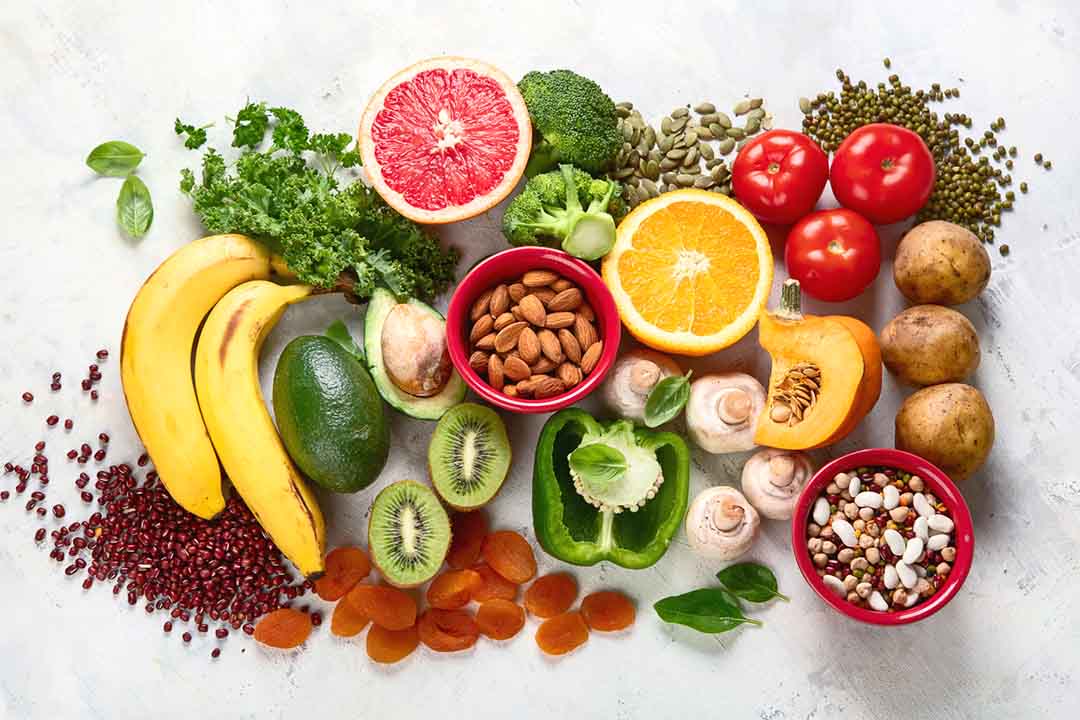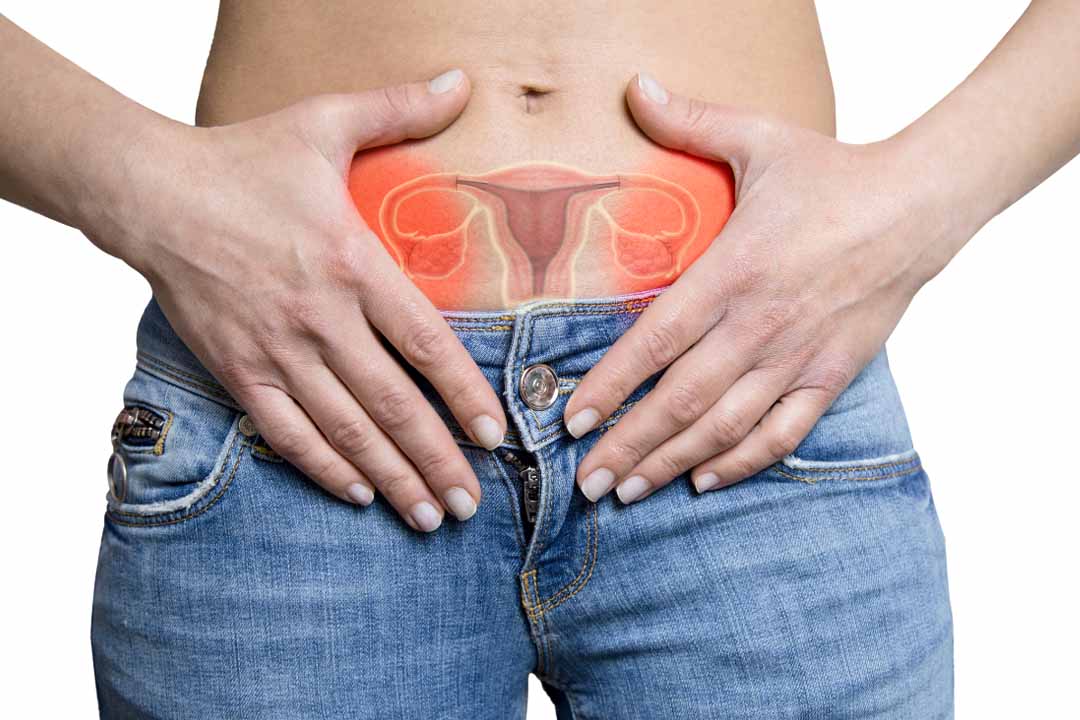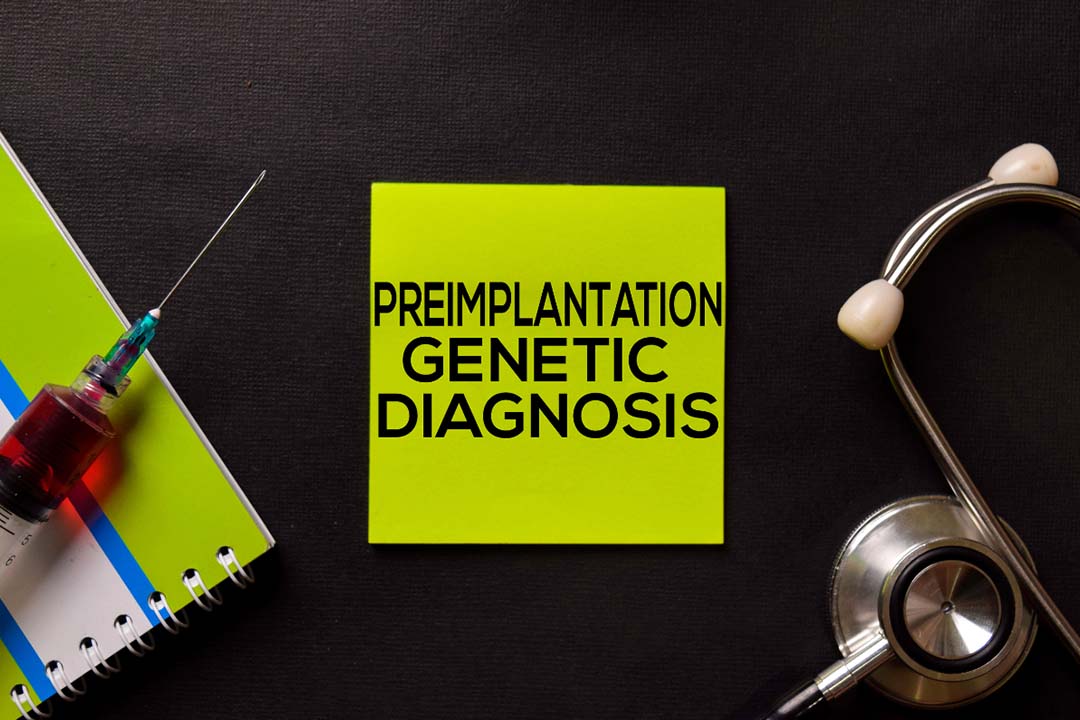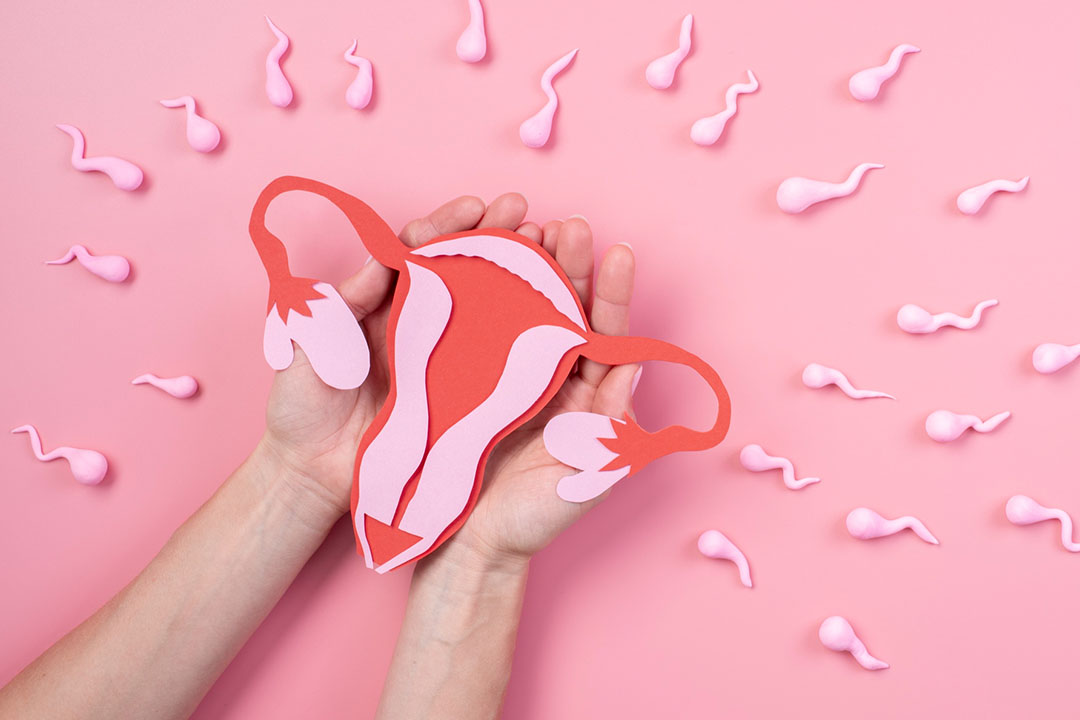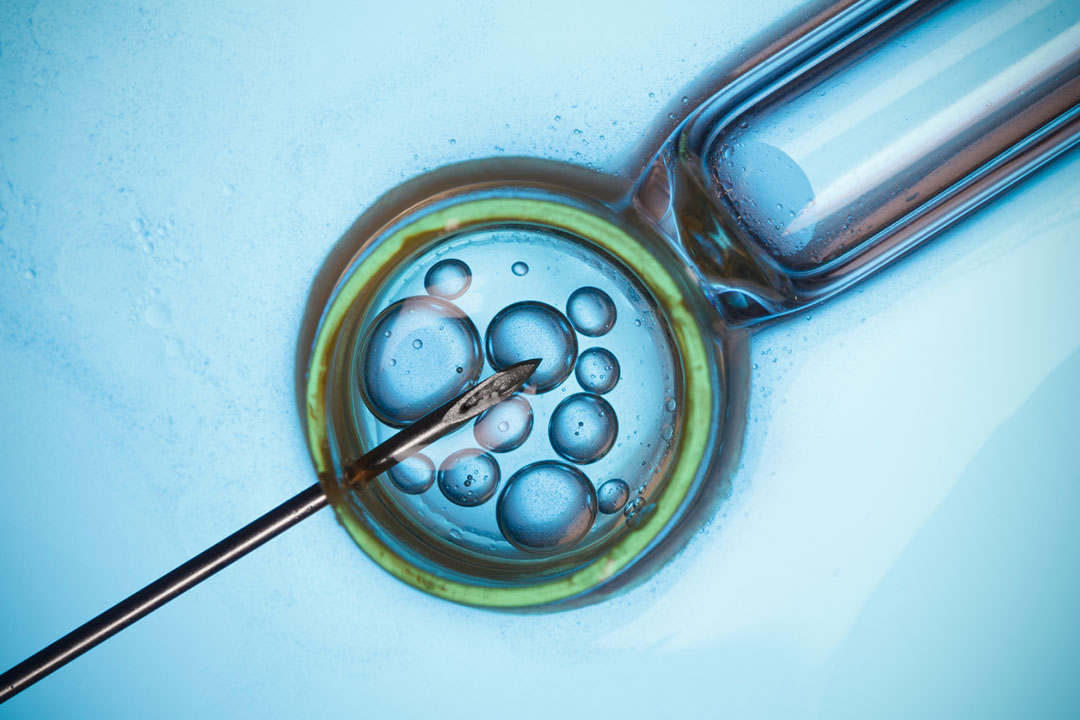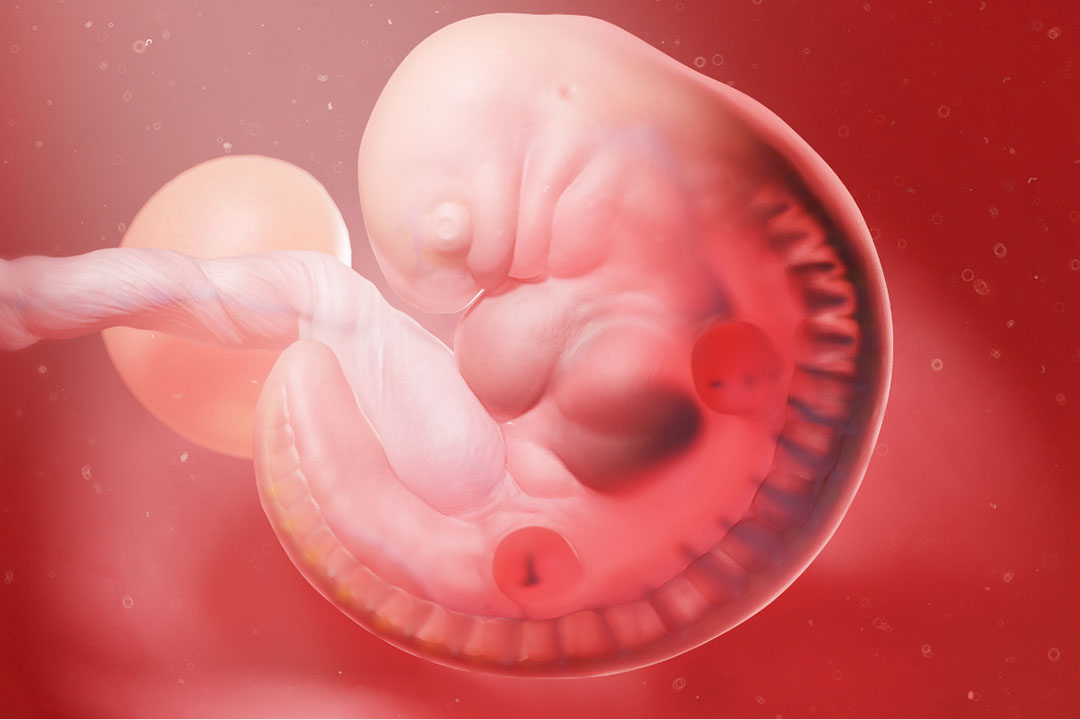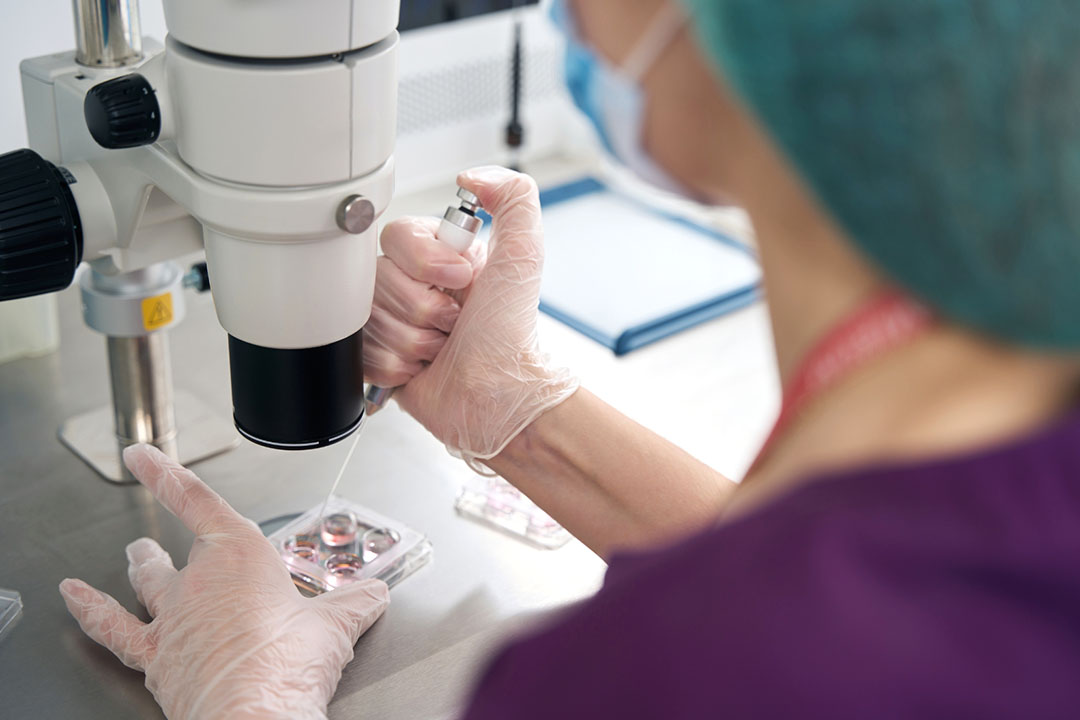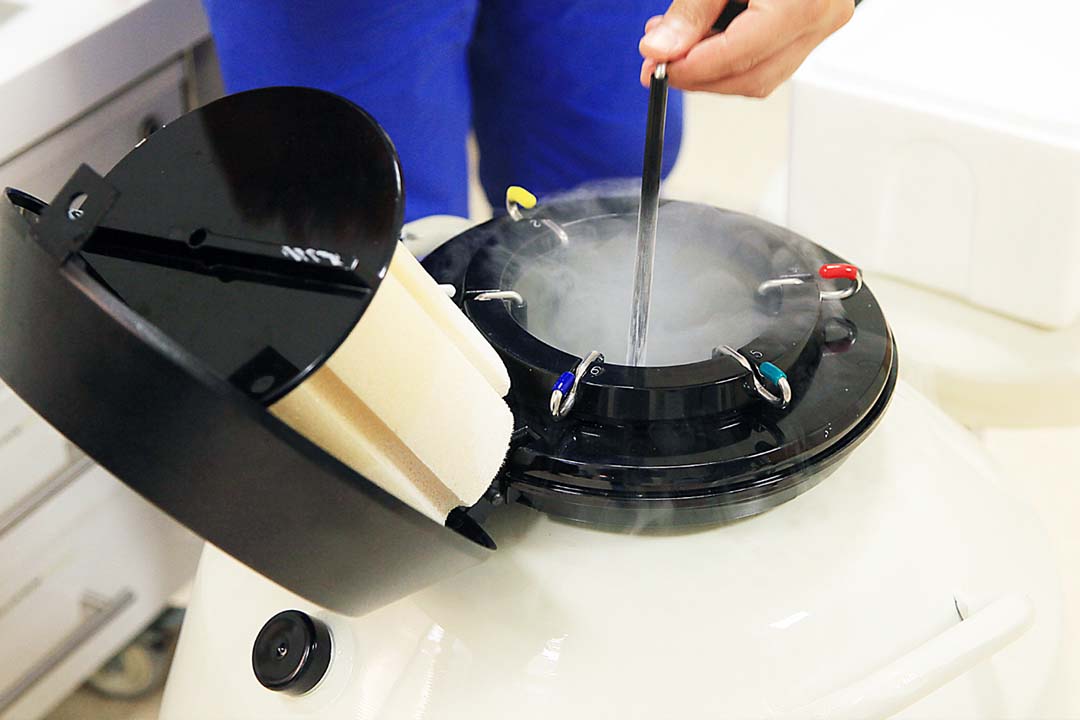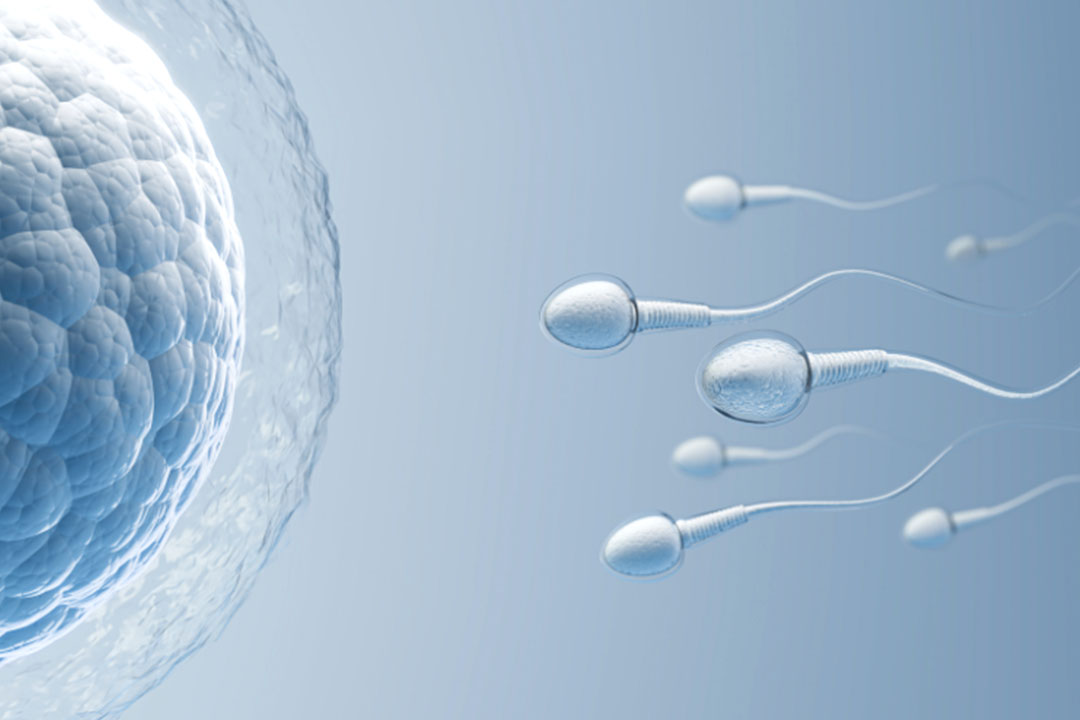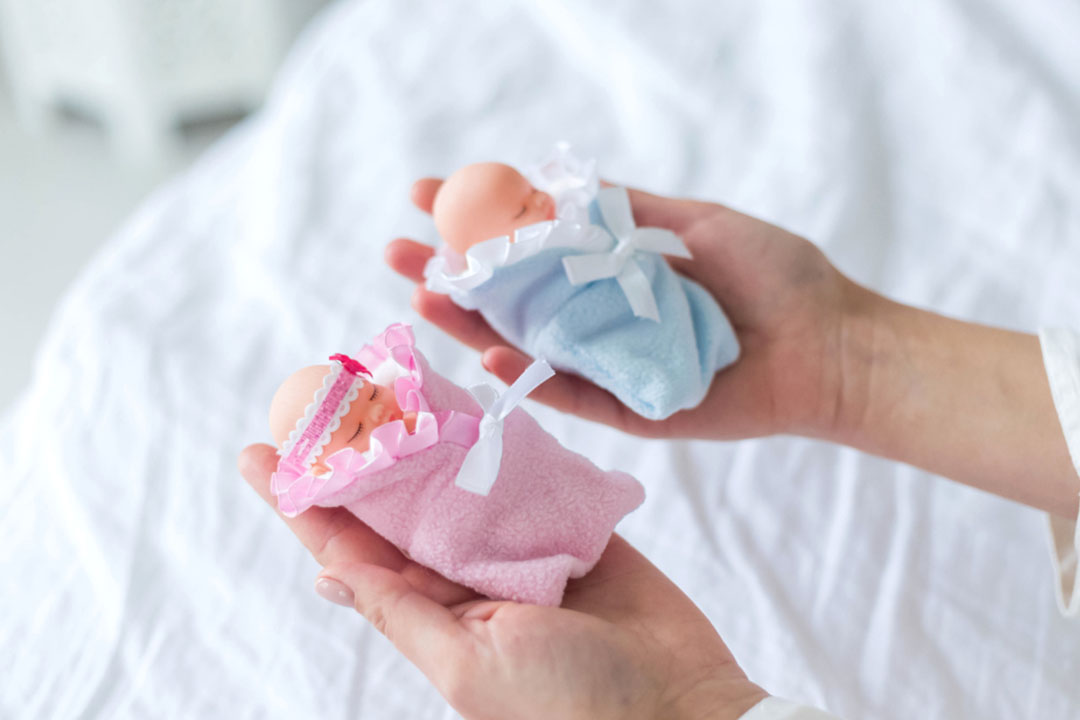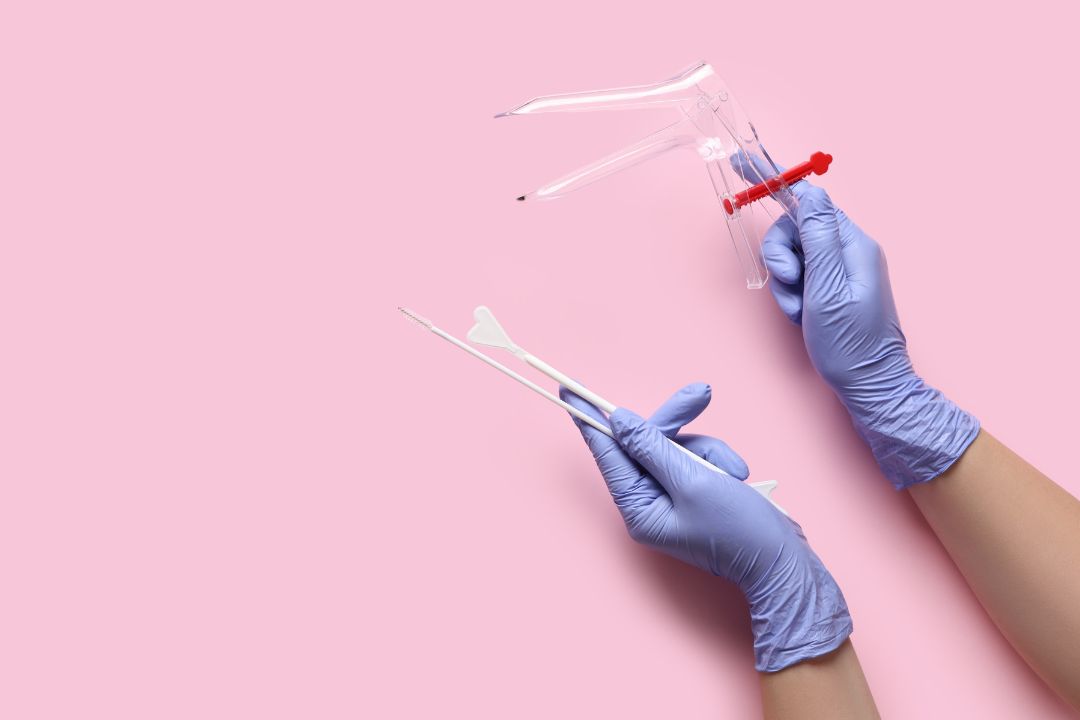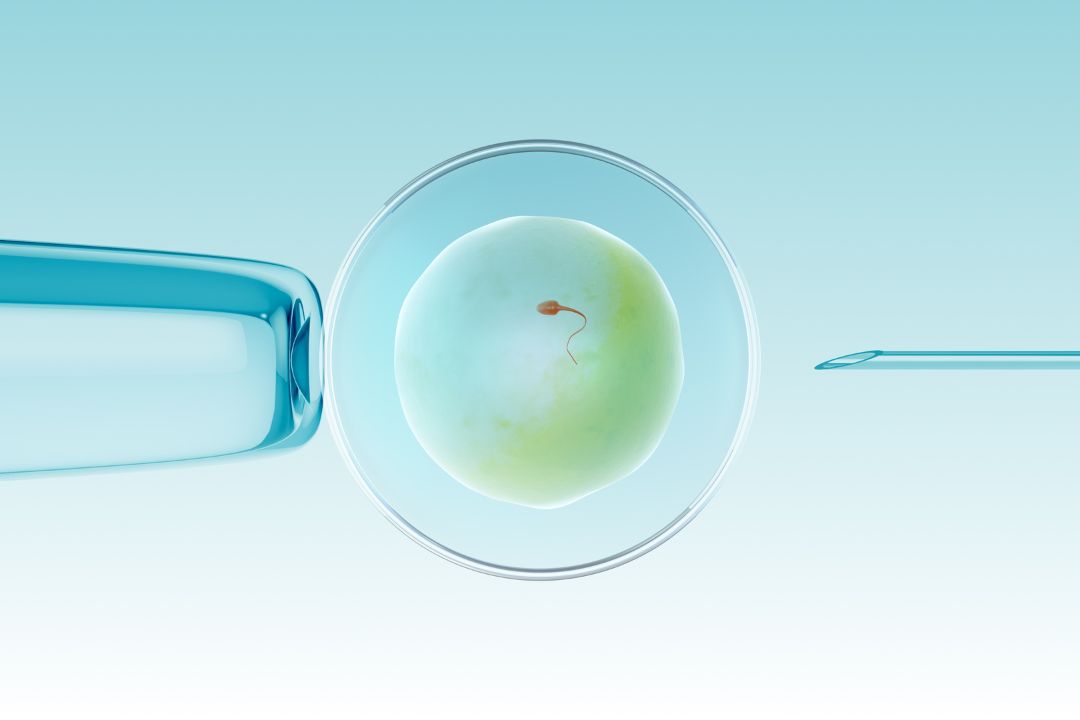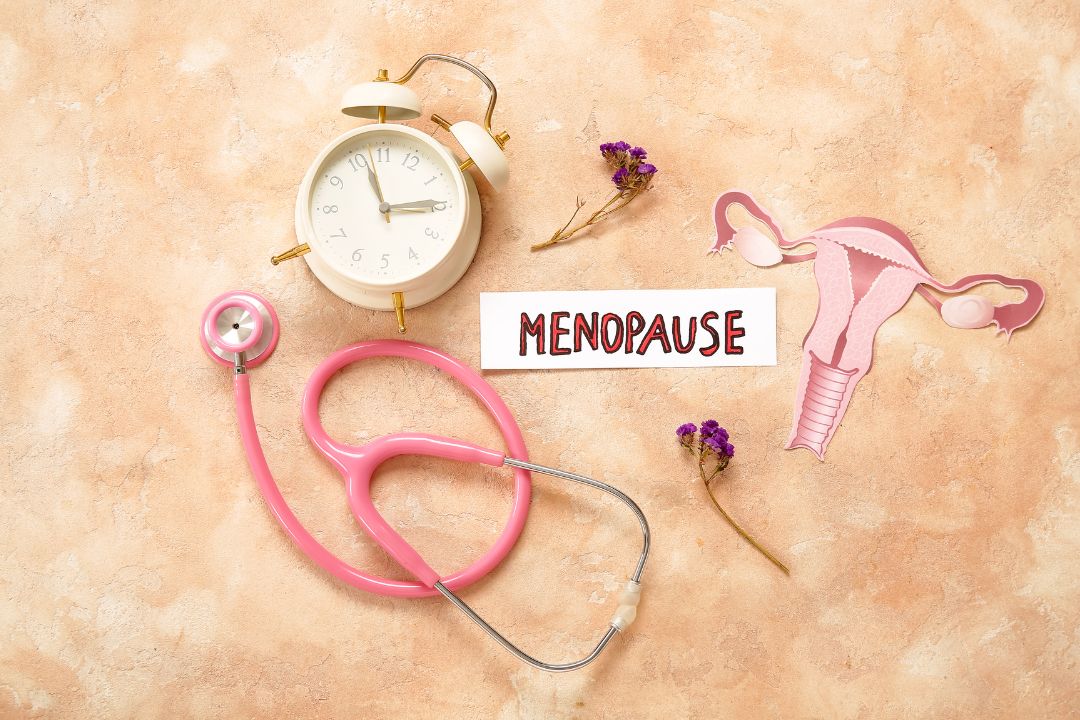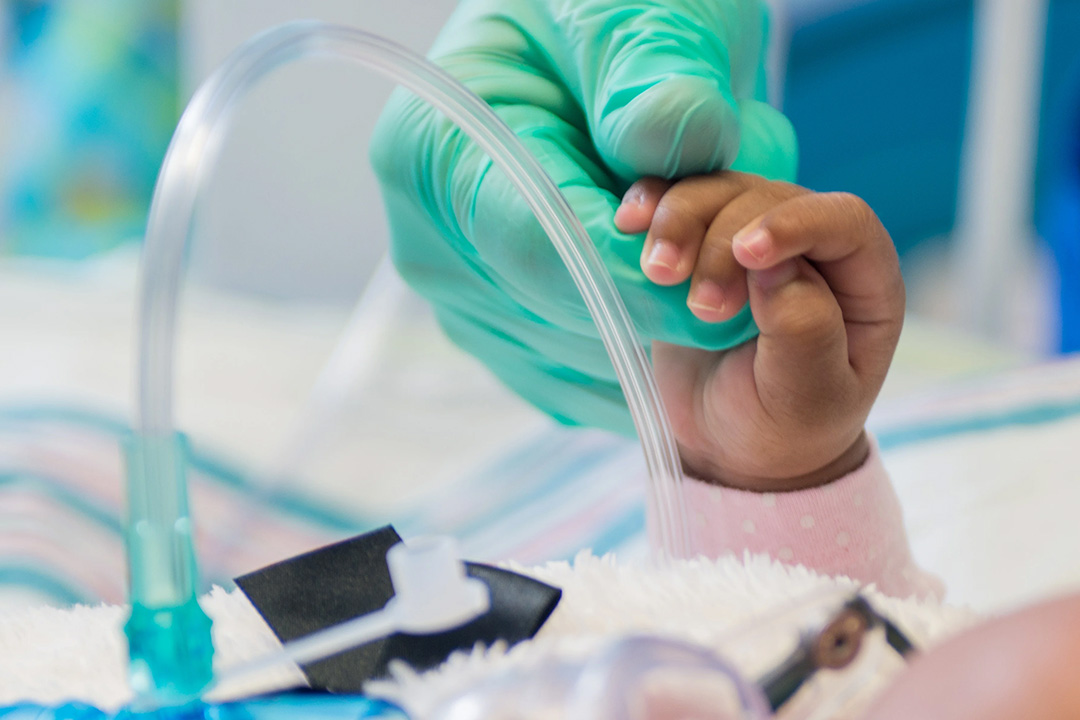How to Make IVF Successful the First Time
The dream of parenthood comes with challenges for many people. In vitro fertilization (IVF) offers hope and a real chance to start or grow your family. Getting it right on the first try often depends on careful planning, healthy lifestyle changes, and a supportive medical team. This guide covers many ways you can boost your chances of success with your first IVF cycle and explains the steps to take before, during, and after the procedure.
In Vitro Fertilization (IVF)
In vitro fertilization is a method of assisted reproductive technology (ART) where fertilization happens outside the body. In an IVF cycle, a doctor retrieves eggs from the woman’s ovaries and mixes them with sperm in a lab.
Once the egg and sperm join to form an embryo, the doctor places the embryo into the uterus in hopes that it will grow into a pregnancy. IVF is now one of the most effective fertility treatments and has brought hope to many couples facing infertility.
The IVF process has several important steps:
- Ovarian Stimulation: The woman takes fertility medications to help her produce several eggs at once.
- Egg Retrieval: Collects the mature eggs from the ovaries.
- Sperm Collection: The sperm comes either from the male partner or a donor.
- Fertilization and Embryo Culture: The eggs and sperm combine in the lab, and the embryo grows under careful observation.
- Embryo Transfer: One or more healthy embryos are placed into the uterus to implant and develop.
Preparing for IVF: The Importance of Lifestyle Changes
Experts suggest that you start making healthy changes at least three months before beginning treatment. These changes support the health of both partners and give your body the best chance to handle IVF and pregnancy.
Setting a Strong Foundation Early
Begin your preparations early. Three months gives you and your partner time to improve your health, which can lead to better quality eggs and sperm. Use this time to make lasting changes that help your overall well-being, both during the IVF cycle and in the long run.
Nutrition for Female Fertility
A balanced diet plays a big role in getting your body ready for IVF. The food you eat affects the quality of your eggs and the health of your uterus, both of which are key to a successful implantation and pregnancy. Include these healthy foods in your diet:
- Choose spinach, kale, broccoli, and similar vegetables. They give you vitamins and antioxidants that protect your cells and help balance your hormones.
- Eat brown rice, quinoa, and a variety of beans. They provide fiber and important nutrients that support your overall health.
- Blueberries, strawberries, and raspberries are full of antioxidants that fight oxidative stress and help keep your eggs healthy.
- Enjoy eggs, milk, and yogurt. They provide protein and calcium that support a healthy uterine lining.
- Use avocado and olive oil. These fats help keep cell membranes strong and support your hormones.
Foods to Avoid
Steer clear of processed foods, sugary snacks, and items with too many unhealthy fats. These foods can disturb your hormone levels and may lower the quality of your eggs. Instead, focus on fresh, whole foods.
Nutrition for Enhancing Male Fertility
A man’s diet is just as important as a woman’s when it comes to IVF. Good food choices can help produce healthy, strong sperm. Here are some tips for a healthy male diet:
- Eat eggs and lean meats like chicken and beef. These provide the protein and building blocks needed for strong sperm.
- Include soybeans, red beans, walnuts, and pumpkin seeds. They offer good fats and antioxidants.
- Tomatoes, garlic, and berries protect sperm with vital antioxidants.
- Drink plenty of water
Lifestyle Tips for Men
Avoid habits that can harm sperm quality. Do not let your testicles overheat by avoiding long hours with a laptop on your lap, hot tubs, or saunas. Also, cut down on smoking and heavy drinking, as these habits can damage sperm and overall reproductive health.
Keeping a Healthy Weight
Your weight matters when you prepare for IVF. Both being underweight and overweight can create challenges for getting pregnant. Doctors often suggest keeping your body mass index (BMI) within a healthy range. A balanced diet and regular exercise can help you reach and maintain this goal.
Good Exercise Habits
Choose moderate activities like walking or yoga before and during your IVF cycle. These exercises improve blood flow, lower stress, and keep your body fit without overloading it. Avoid intense workouts that might upset your hormone levels.
Watching Your Caffeine Intake
While many of us enjoy a daily cup of coffee, too much caffeine can hurt your chances. Experts recommend limiting your intake to one or two cups a day during your IVF cycle. Too much caffeine might upset your hormone balance and affect your uterus.
Cutting Out Harmful Substances
Smoking and heavy drinking can hurt fertility in both women and men. For women, these habits can lower egg quality and hurt implantation. For men, they can reduce sperm count and motility. Stop or cut back on these habits well before you start your IVF cycle.
Getting Enough Sleep
Good sleep is essential for overall health, including fertility. When you sleep, your body repairs itself and balances hormones. Try to get 7 to 8 hours of sleep each night to support your health during IVF.
The Importance of Supplements: Folic Acid and Vitamin D
Folic Acid
Folic acid is one of the most important supplements for women planning an IVF cycle. Start taking folic acid at least three months before you try to conceive and continue it during early pregnancy. Folic acid helps your baby’s brain and spine develop and reduces the risk of certain birth defects.
Vitamin D for Better Fertility
Vitamin D is important for both overall health and fertility. Many people have low levels of vitamin D, which can affect your chances of pregnancy. Your doctor may suggest a vitamin D supplement to help get your levels up. Always take supplements as directed by your doctor.
Improving Sperm Quality Before Collection
Men can improve their sperm quality by eating well, staying hydrated, and taking vitamins like A, B12, C, E, selenium, and zinc. These nutrients help build strong, healthy sperm that can fertilize an egg.
Abstaining Before Sperm Collection
It is best for men to avoid ejaculation for 3 to 4 days before sperm collection. This pause helps ensure you have a good volume of sperm, which increases the chance of getting the best possible sample for fertilization.
Simple Ways to Reduce Stress
Practice stress management techniques like meditation, deep breathing, and mindfulness. Find activities that relax you, whether it’s spending time with family, pursuing a hobby, or taking a walk in nature. Many couples also find support groups or counseling very helpful in keeping a positive outlook.
Avoiding Environmental Toxins
Every day, you come into contact with chemicals that may hurt your fertility. Chemicals such as BPA (found in some plastics), parabens (in many personal care products), and other compounds found in nonstick cookware can affect your reproductive health. Try to use BPA-free products, choose natural personal care items, and avoid nonstick pans when possible.
Factors That Influence the Success of Your First IVF Cycle
The following factors play an important role in determining the success of the IVF cycle:
Age and Ovarian Reserve
The woman’s age is a major factor in IVF success. As a woman gets older, the quality and number of her eggs tend to decline. This decline starts in the early 30s and becomes more noticeable after 35. Doctors check hormone levels like AMH (antimullerian hormone) to see how many eggs remain and help plan the treatment.
Egg and Sperm Quality
The quality of your eggs and sperm affects how well fertilization happens and how healthy the embryos are. This is why your diet and lifestyle play such a key role during your IVF preparations.
Uterine Receptivity
For an embryo to implant, the lining of the uterus must be ready. Problems like fibroids, polyps, or other issues in the uterus can reduce the chance of a successful implantation. Your doctor will check your uterine health as part of your fertility evaluation.
Previous Pregnancy History
A history of pregnancy can sometimes predict how well you will do with IVF. However, even if you have not been pregnant before, you can still achieve success with the right plan.
Conclusion
IVF provides couples with infertility a good shot at parenting. Your success is determined by a variety of things, including your daily routines and the clinic's quality. When you prepare by eating right, being active, managing stress, and limiting your exposure to pollutants, you create a healthier environment for your body to support a new life.
Every positive change helps you get closer to your objective. Believe in your journey and know that with the correct combination of medical treatment, healthy living, and emotional support, you can complete IVF successfully the first time. Enjoy the process and recognize each tiny win along the way.
About Us
AKsigen IVF is a premier center for advanced fertility treatments, with renowned fertility experts on our team. Specializing in IVF, ICSI, egg freezing, and other cutting-edge reproductive technologies, AKsigen IVF is committed to helping couples achieve their dream of parenthood. With personalized care and a patient-first approach, AKsigen IVF provides comprehensive fertility solutions under one roof.












